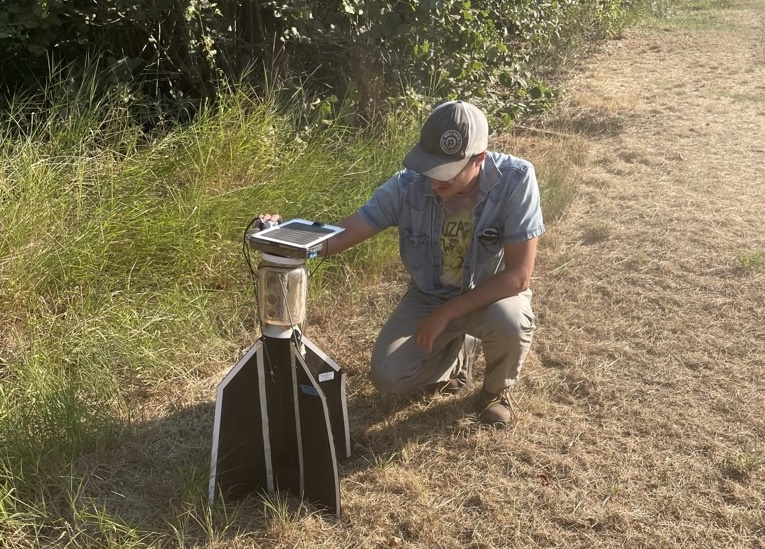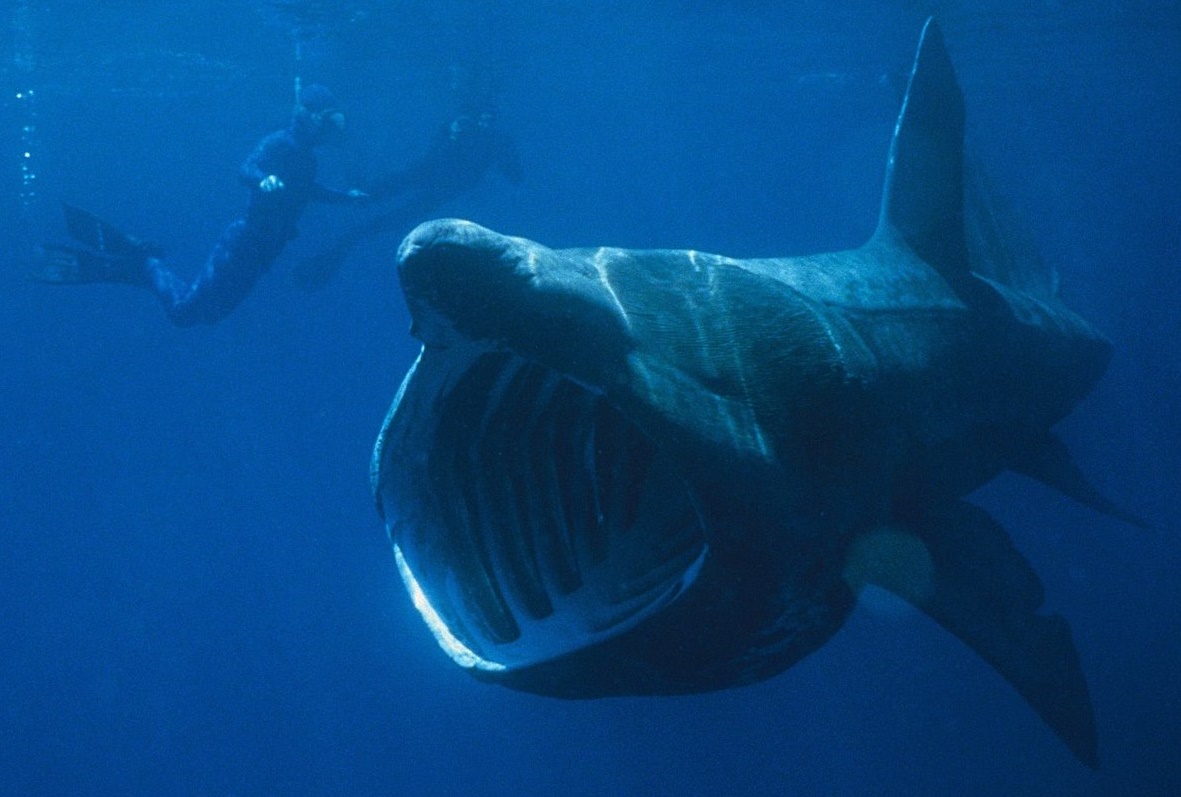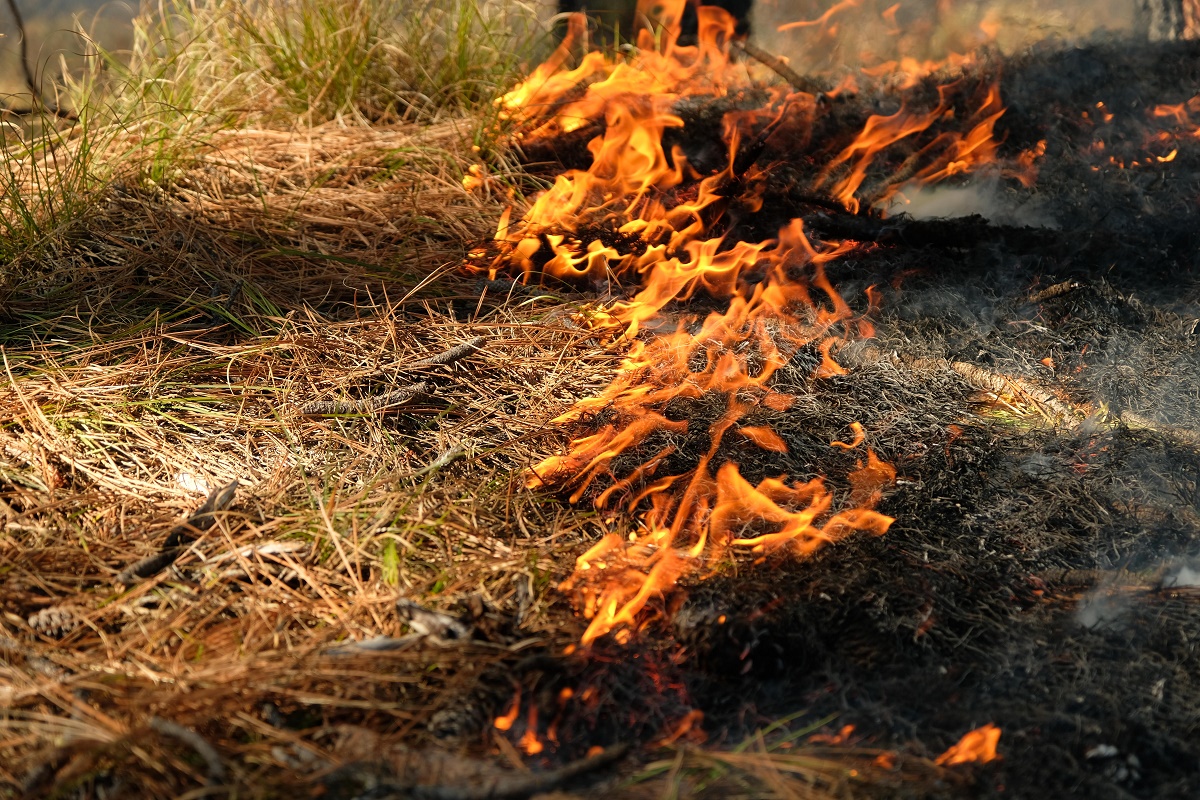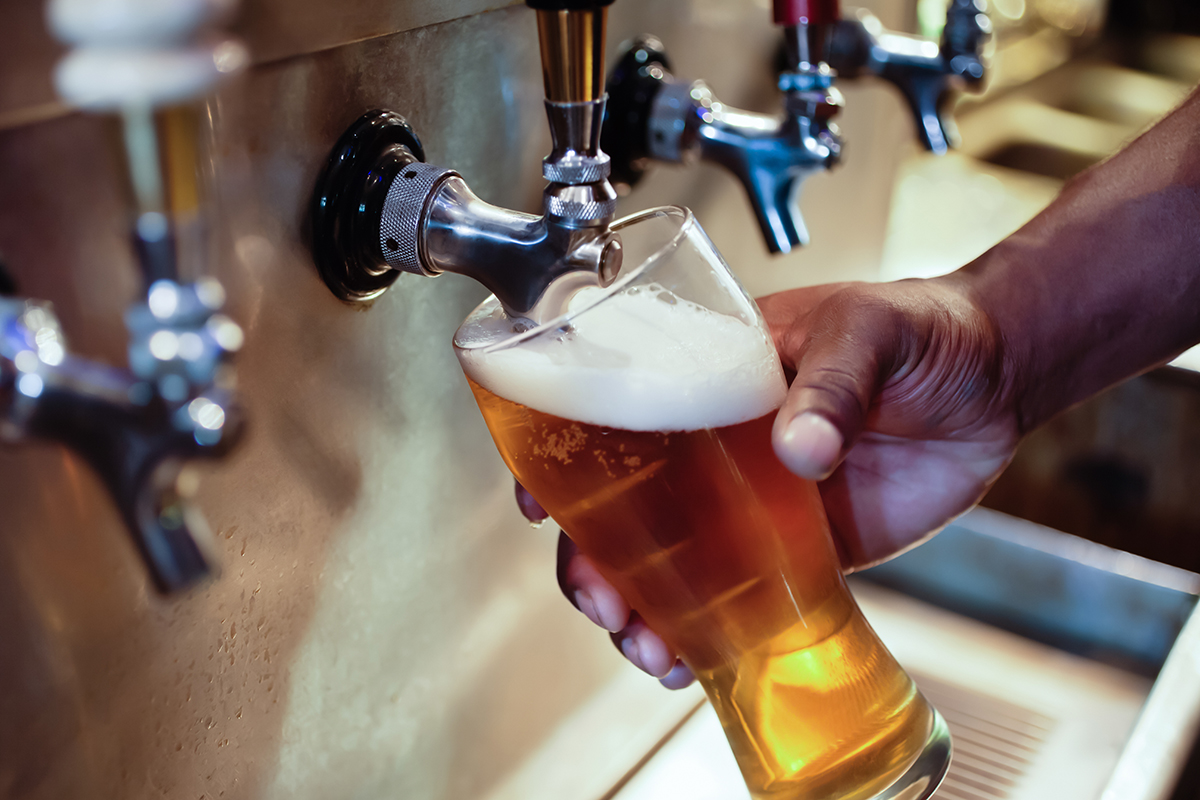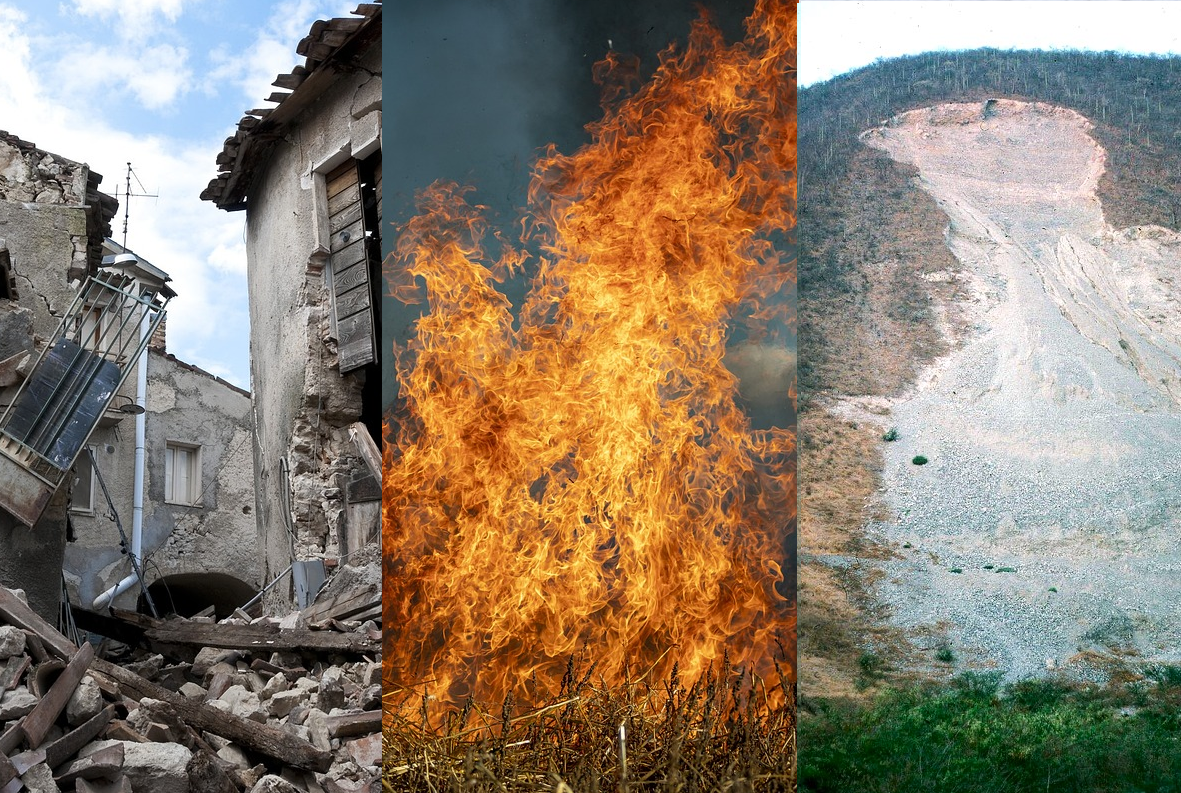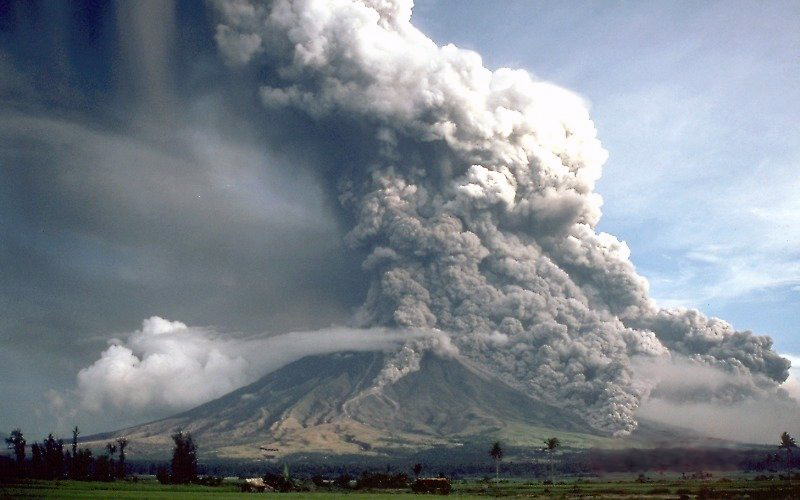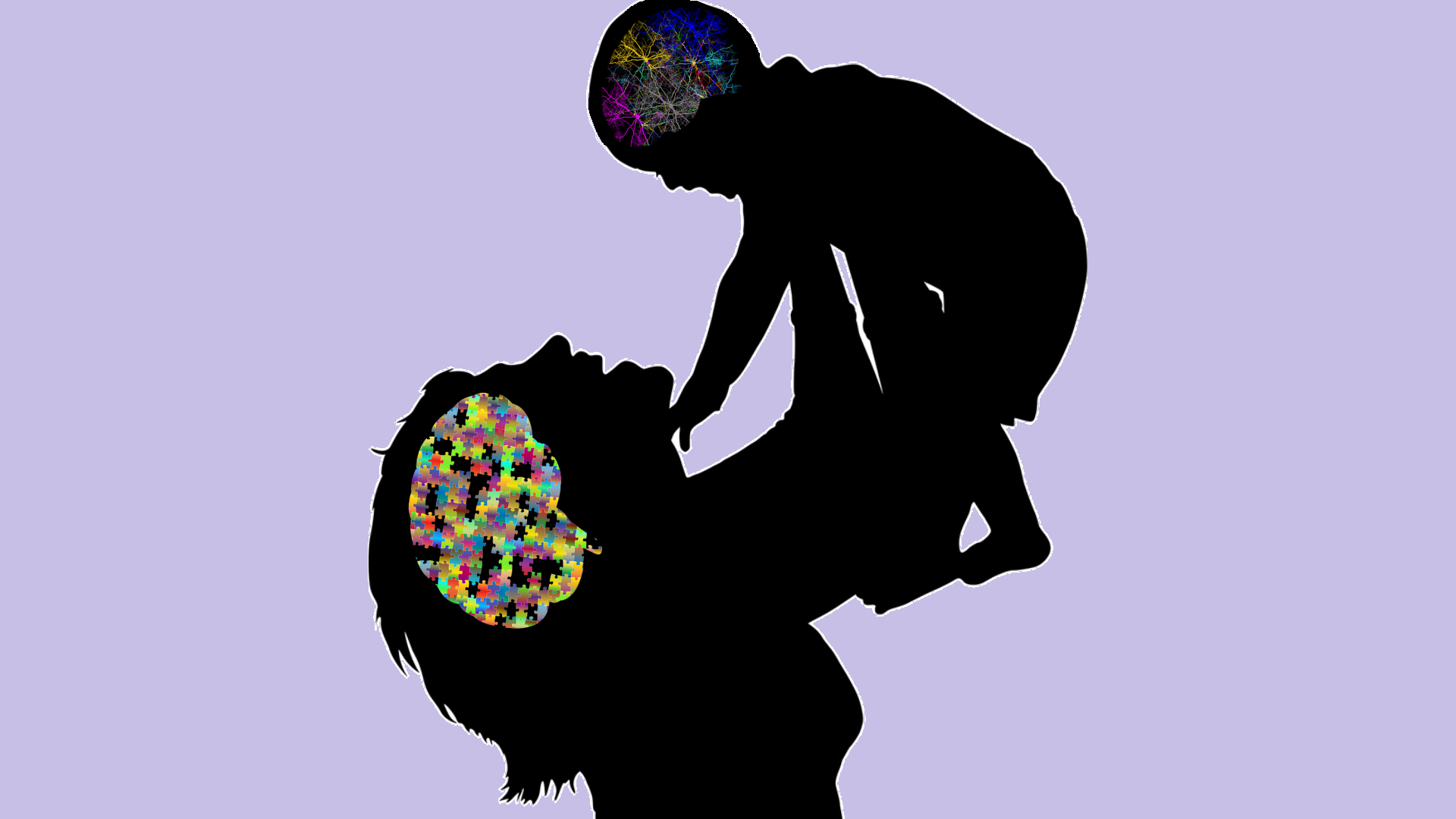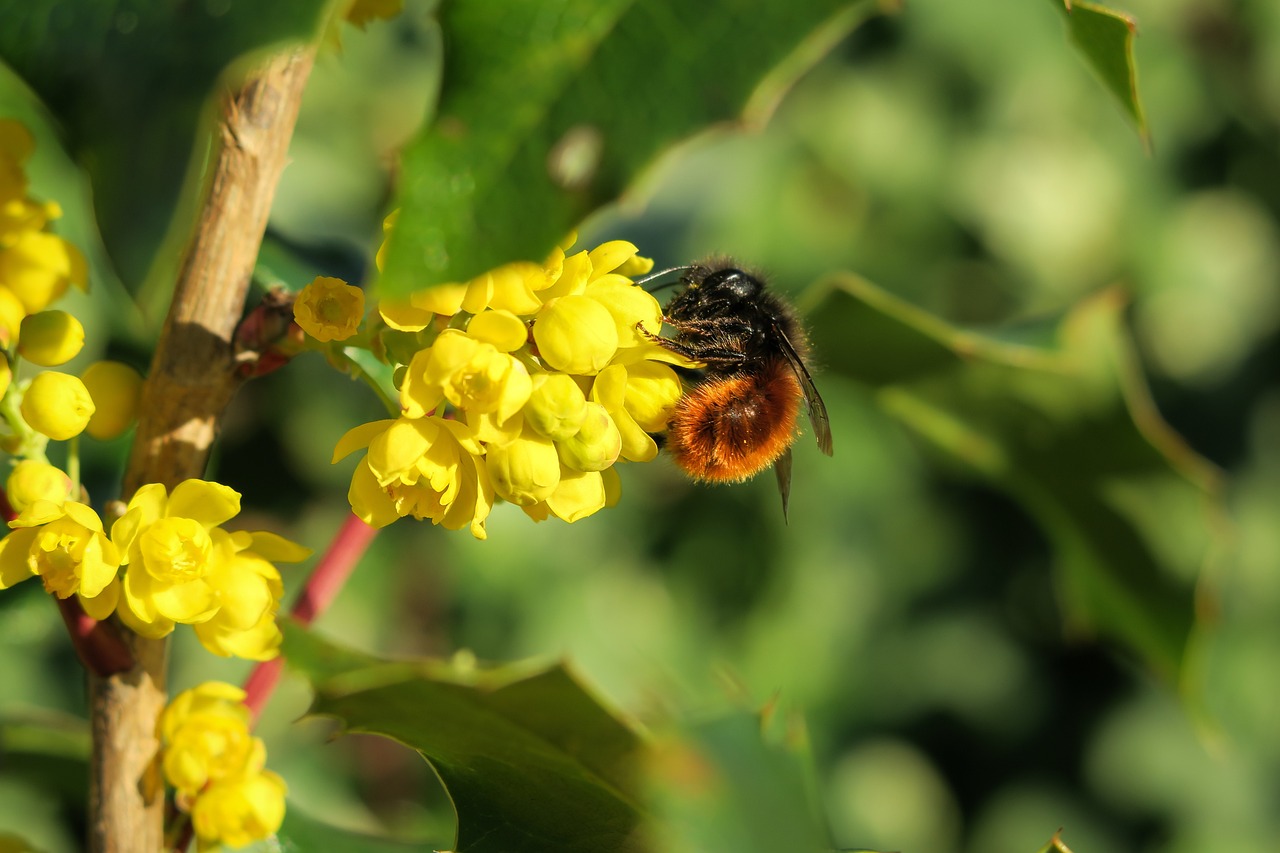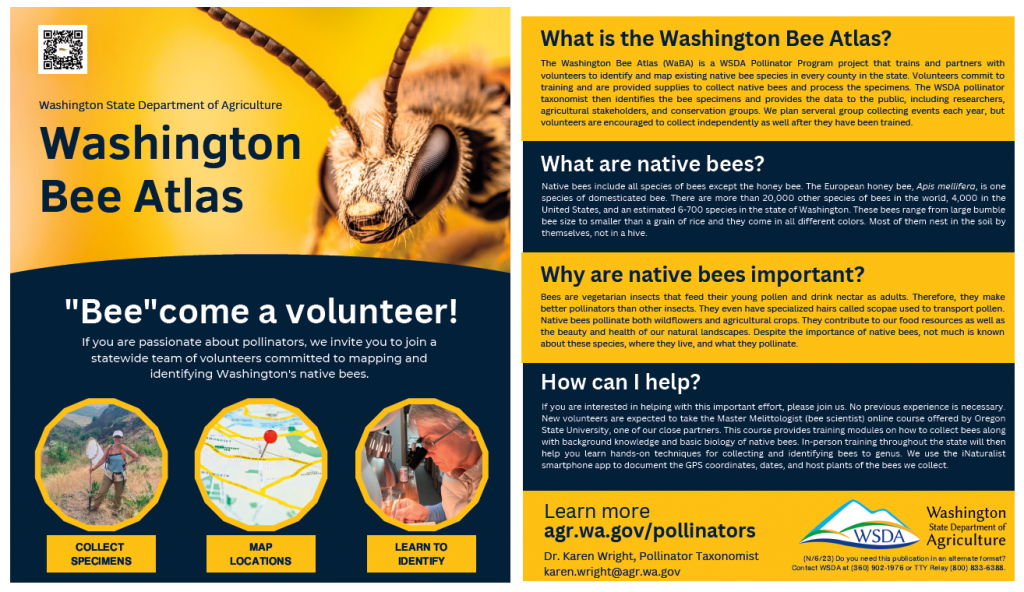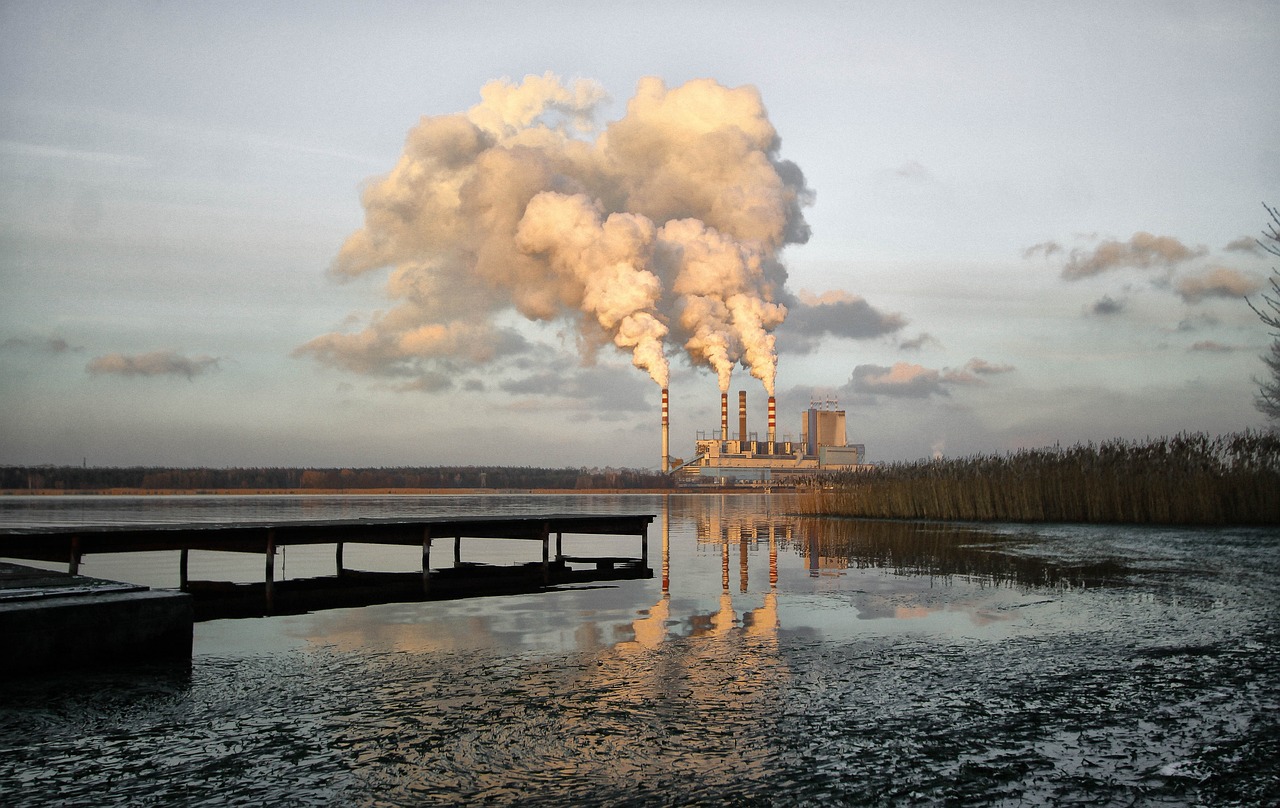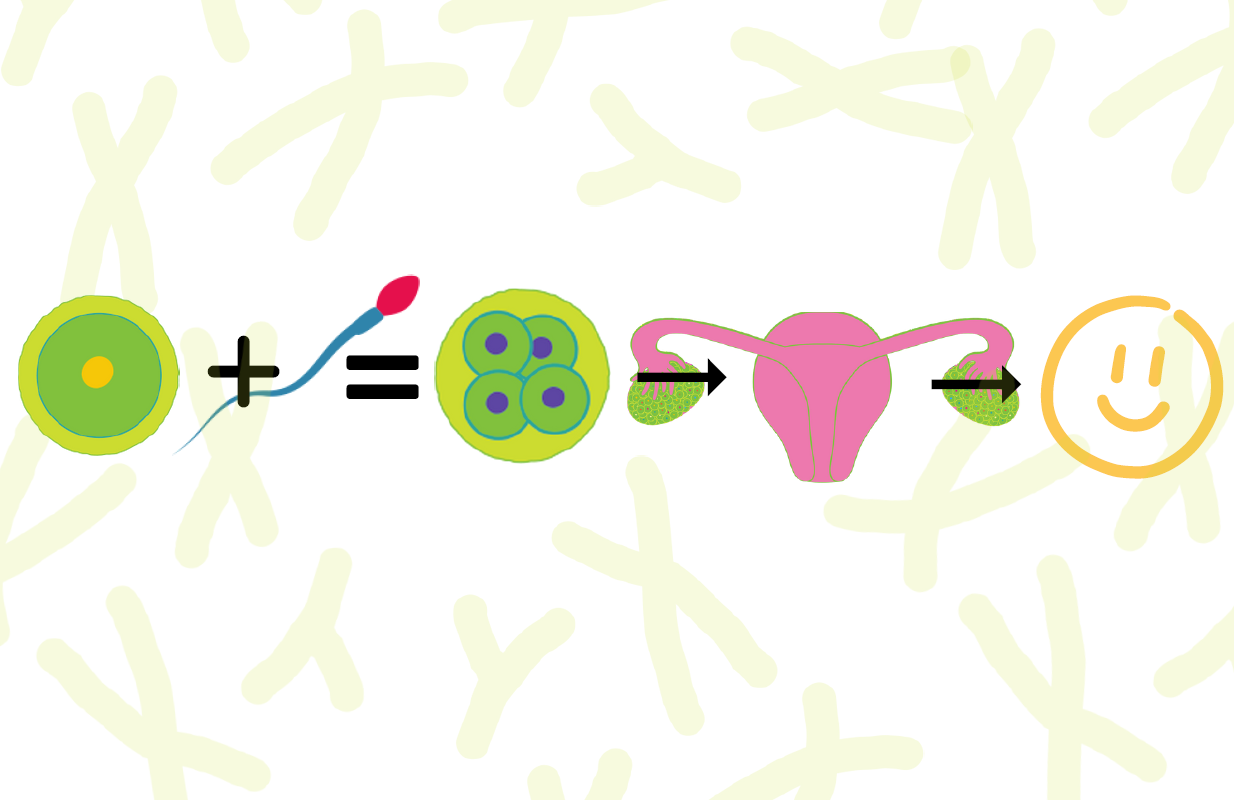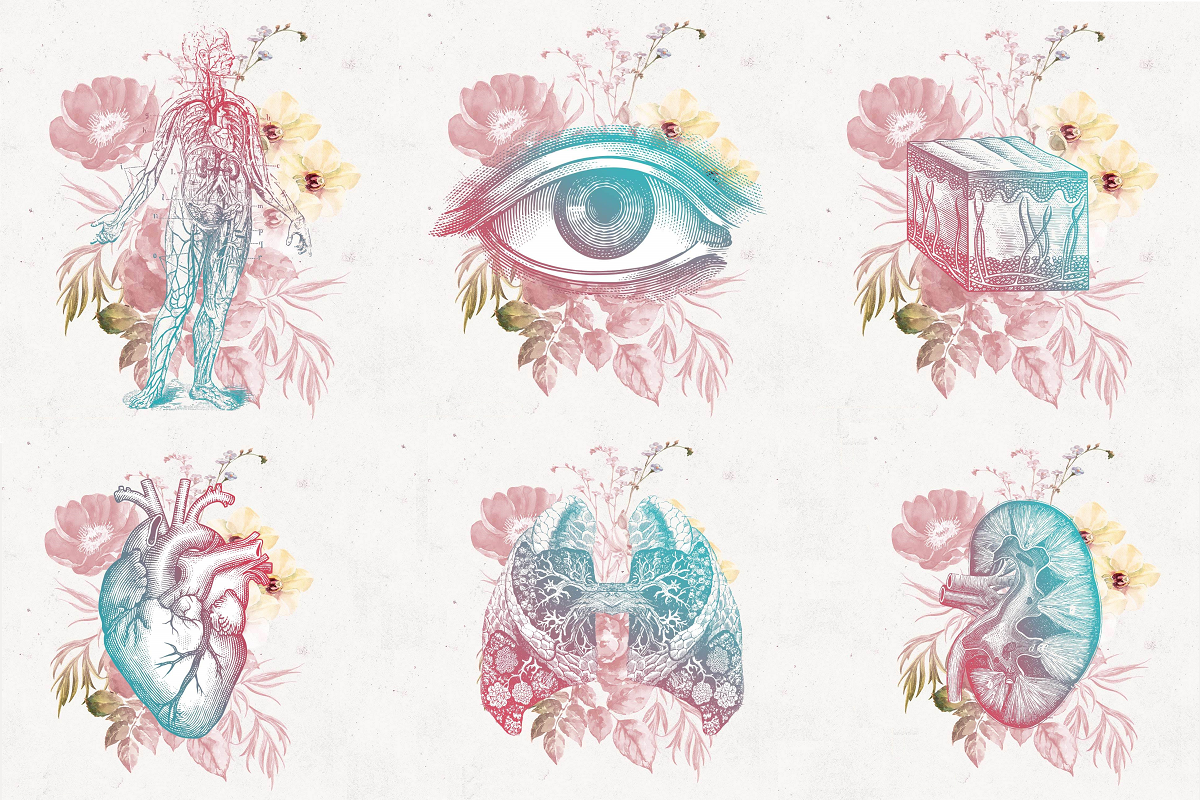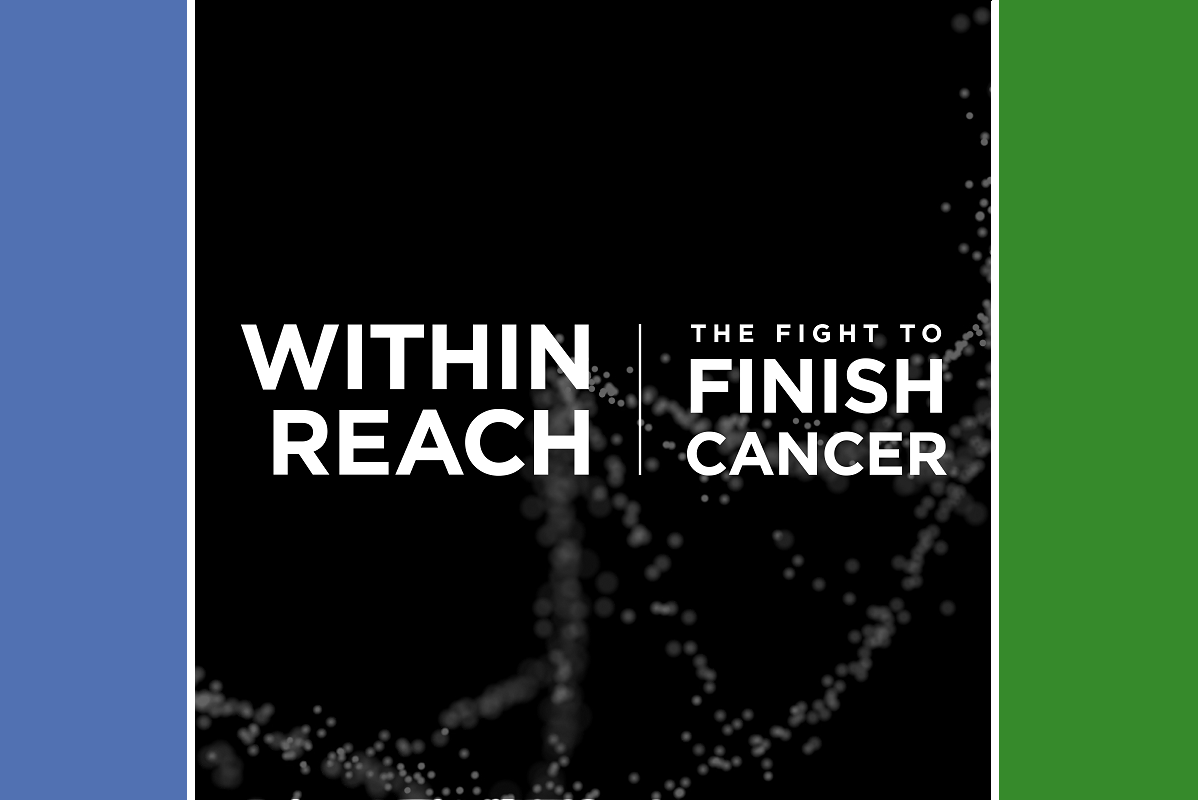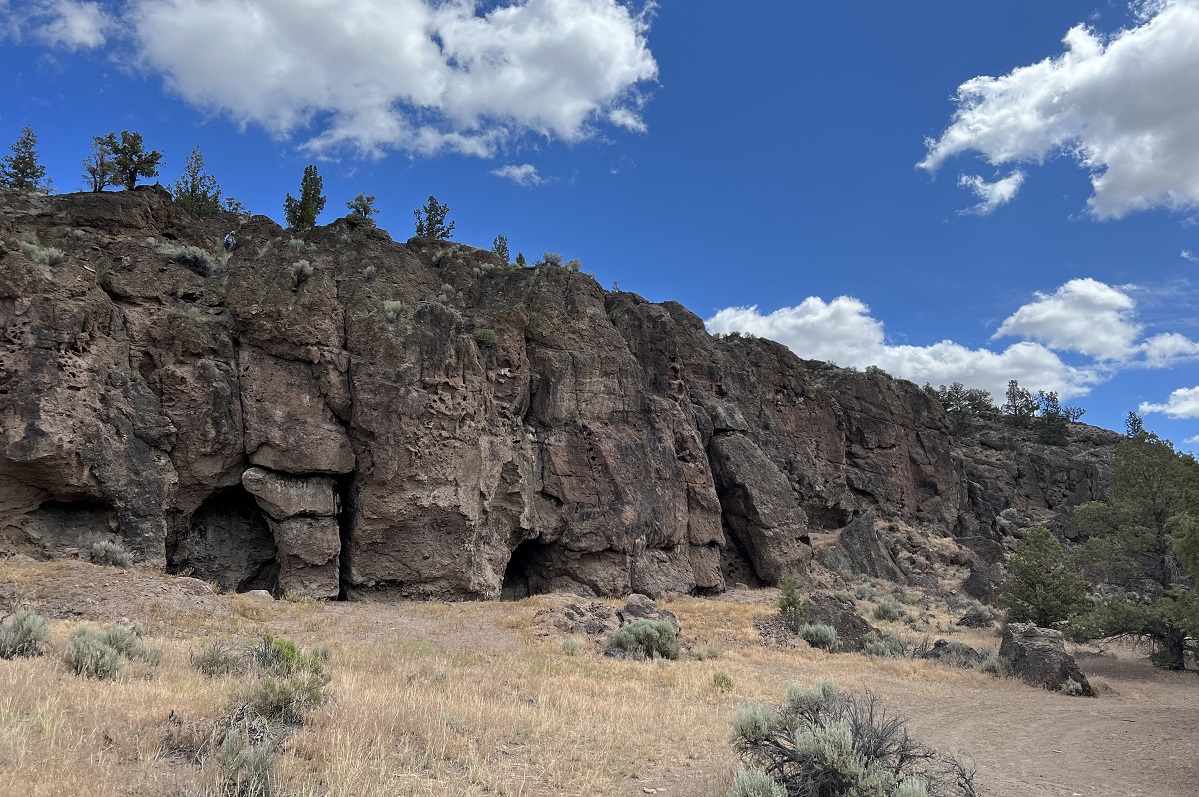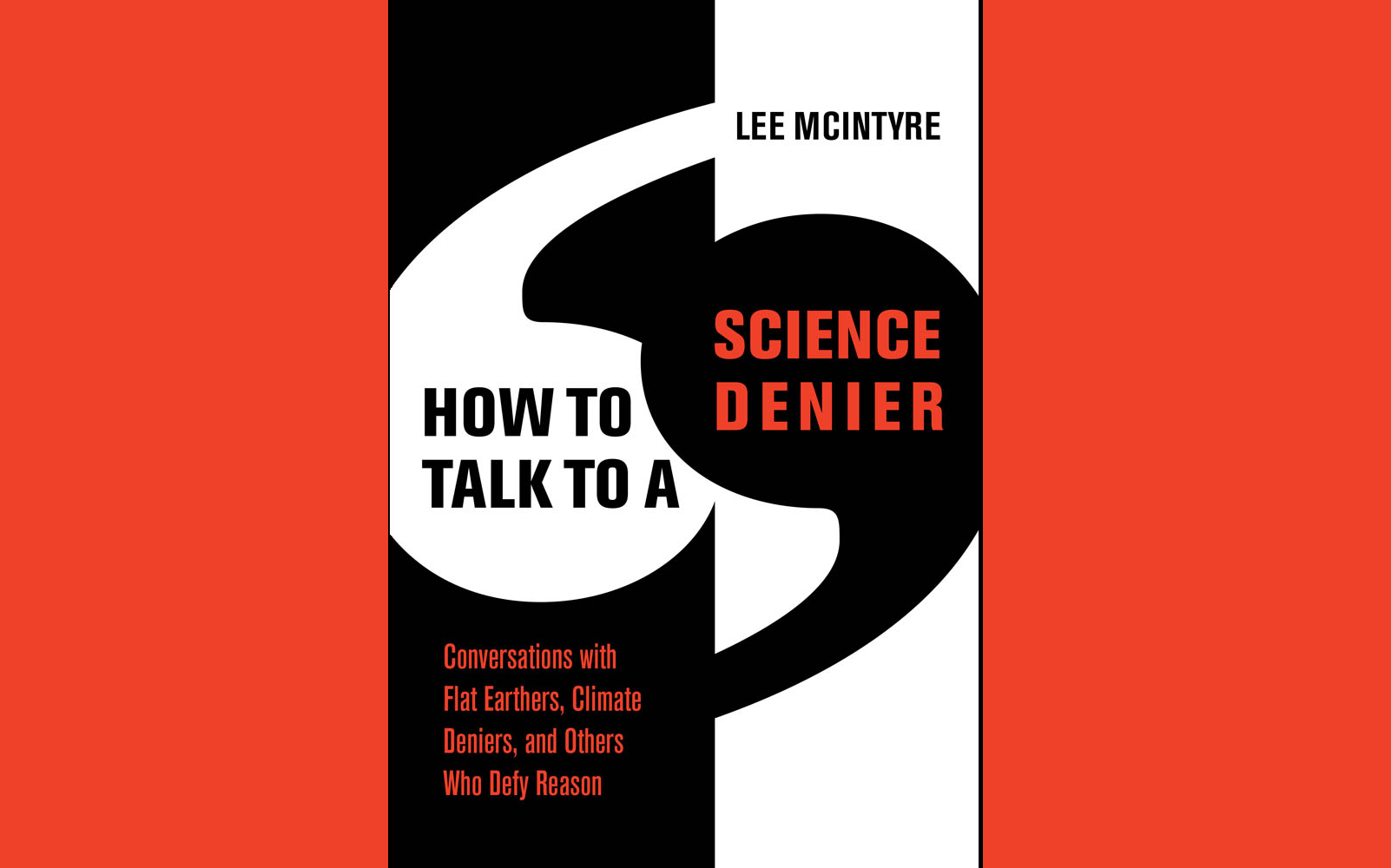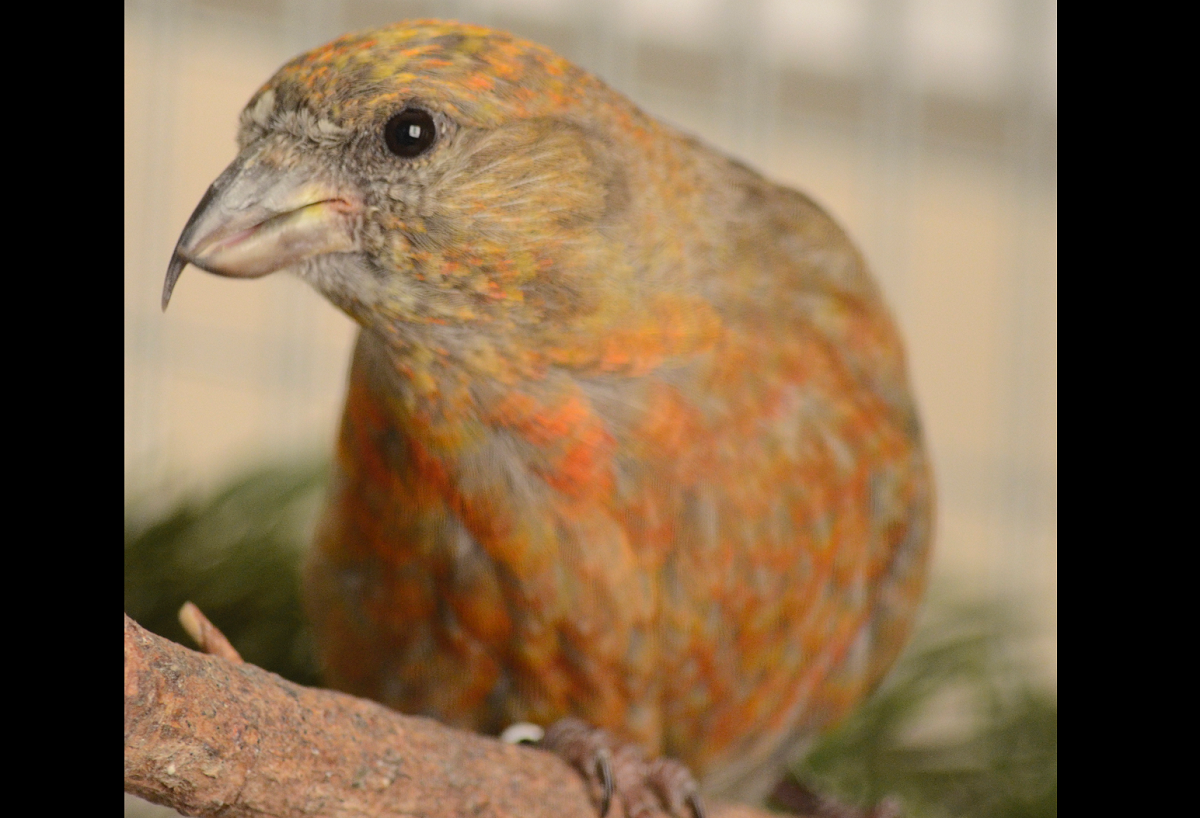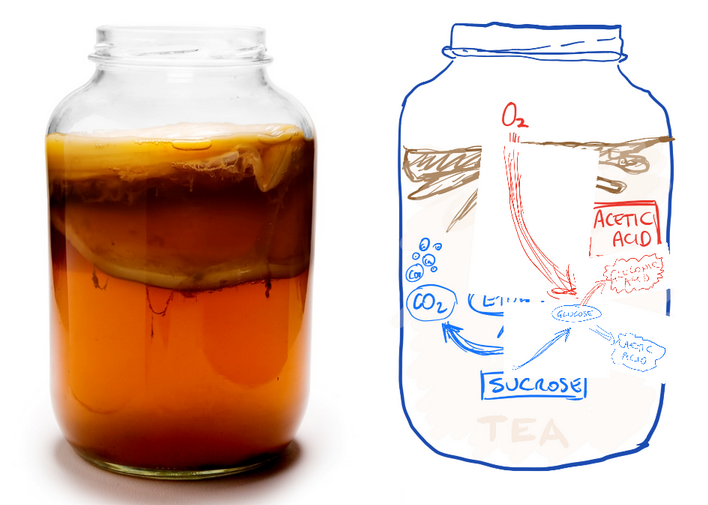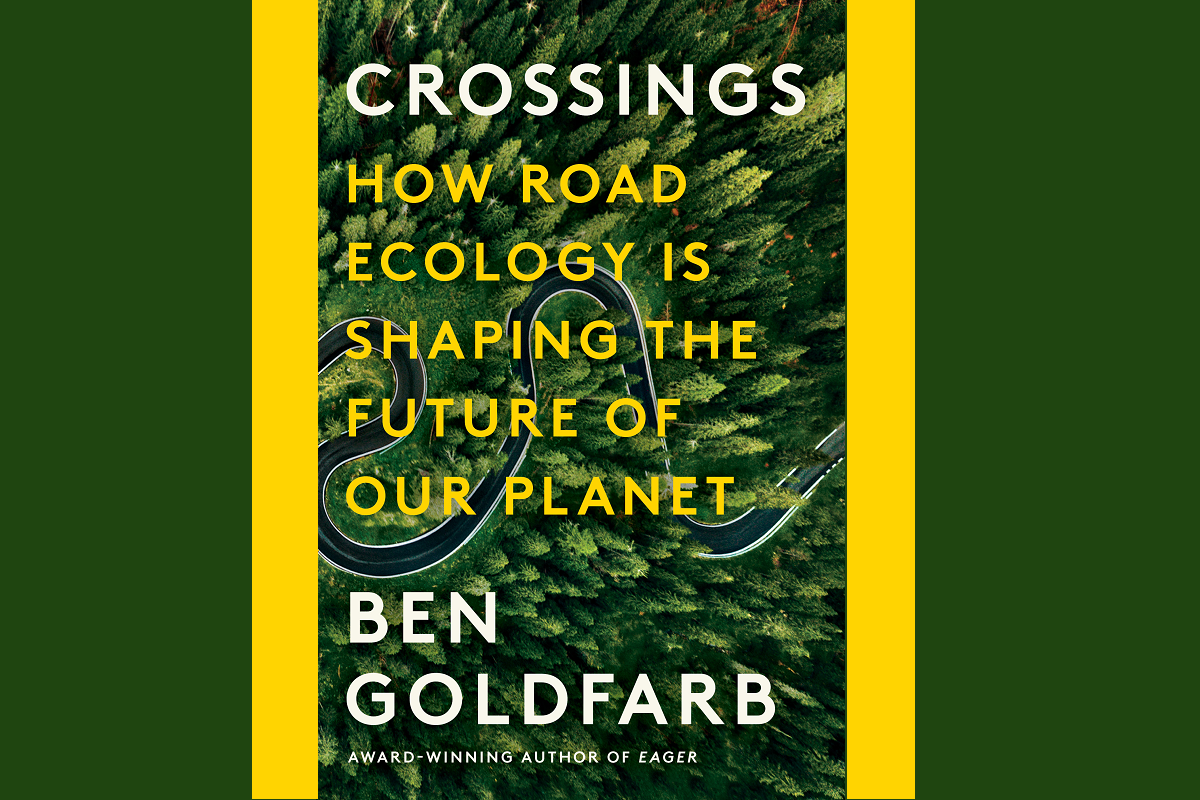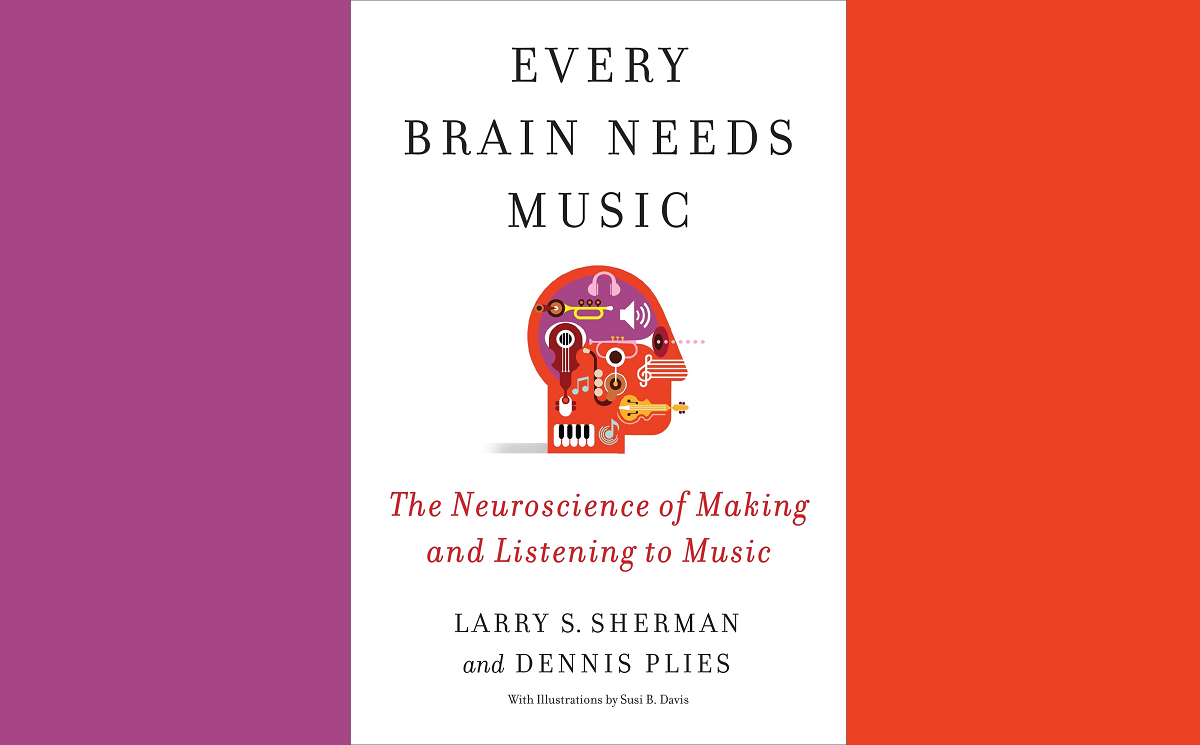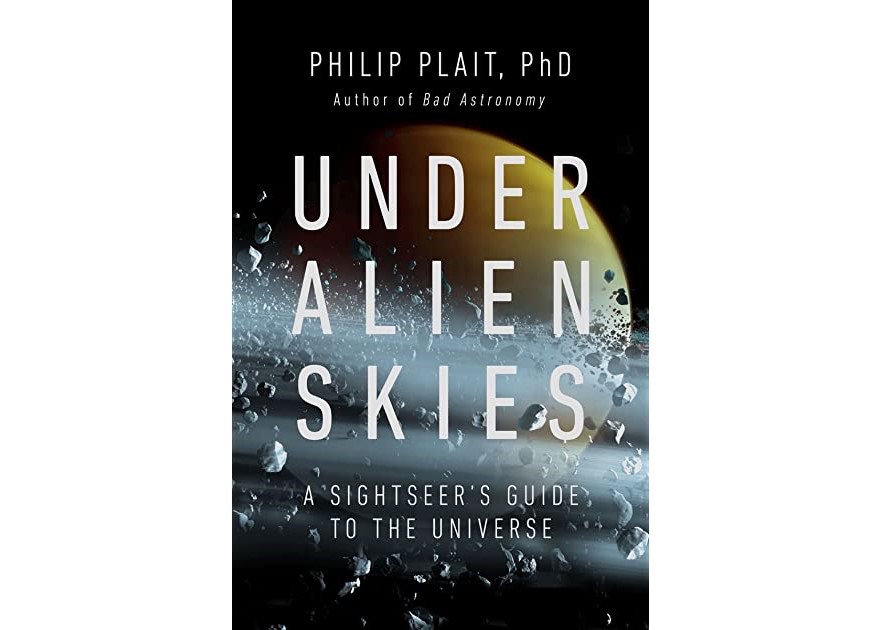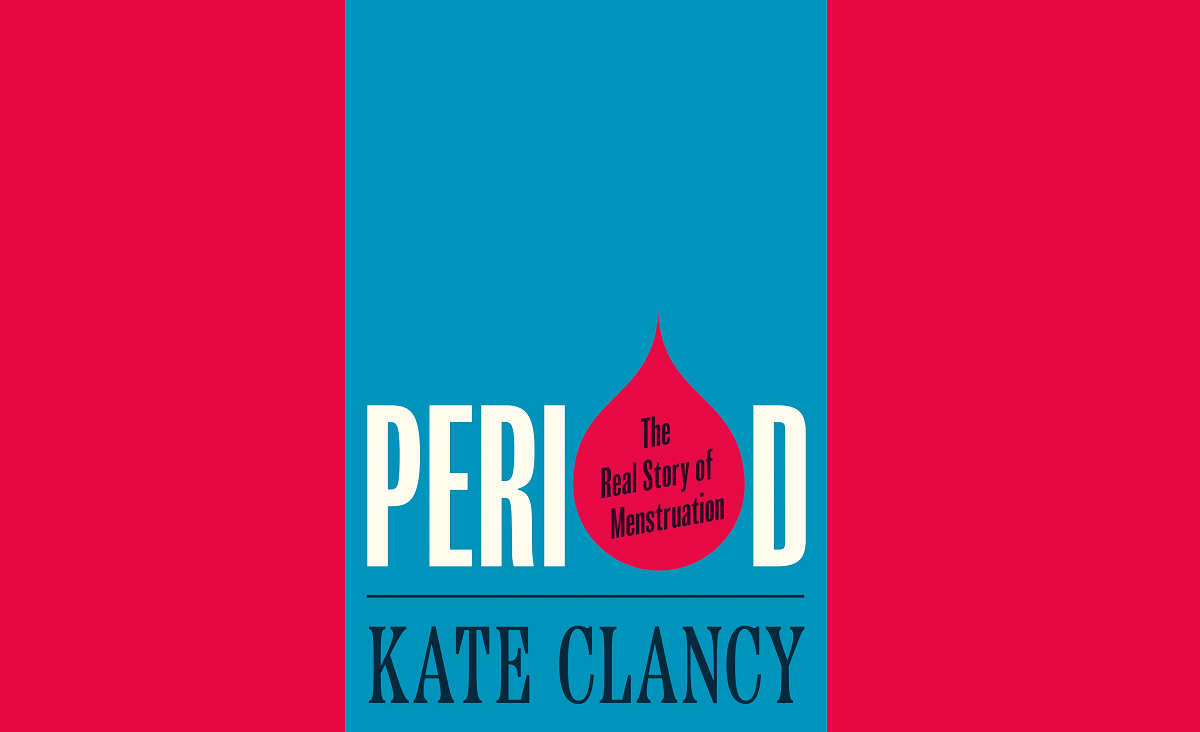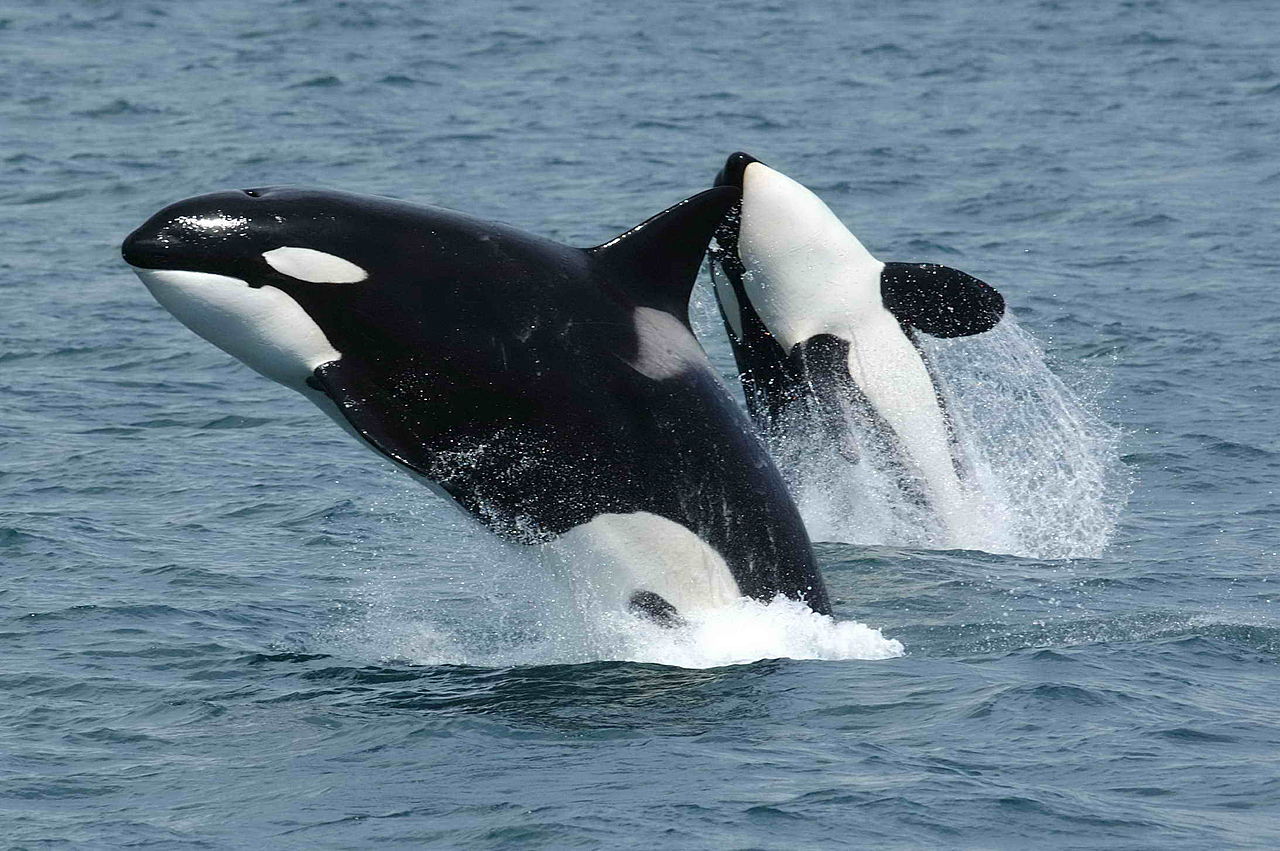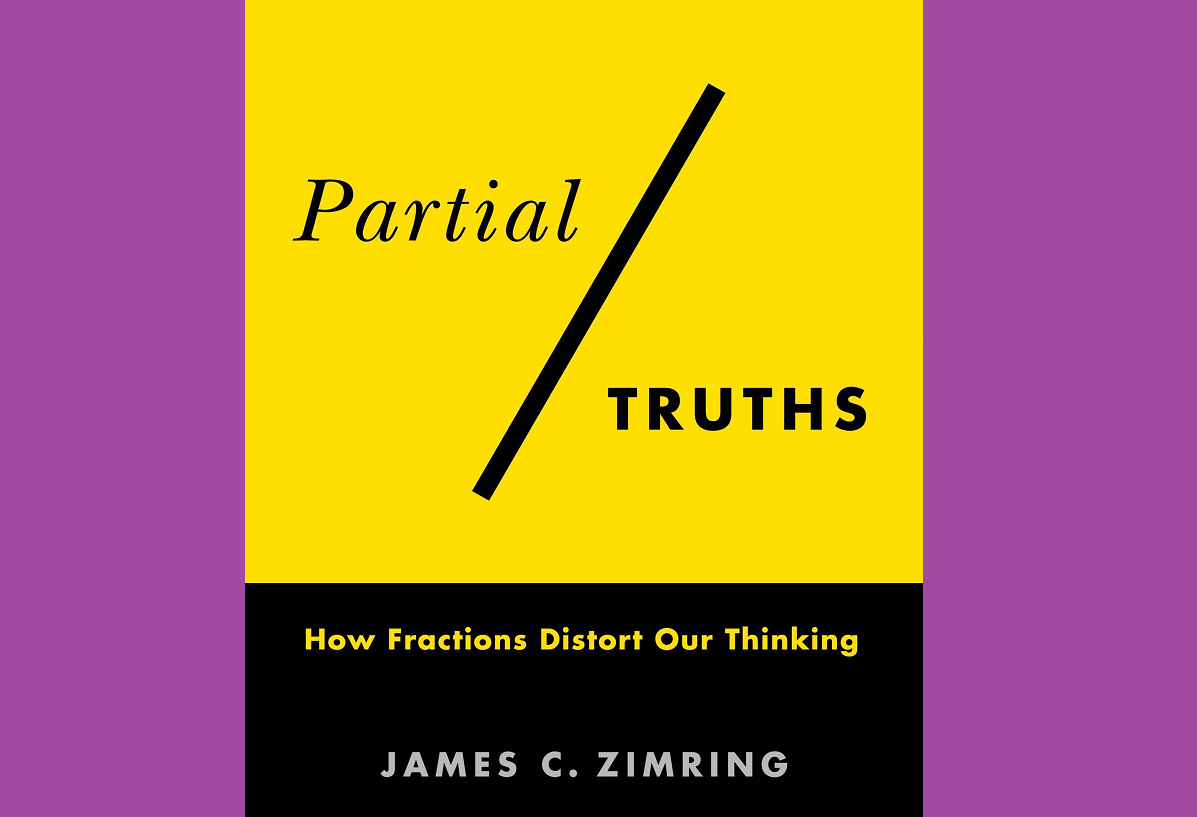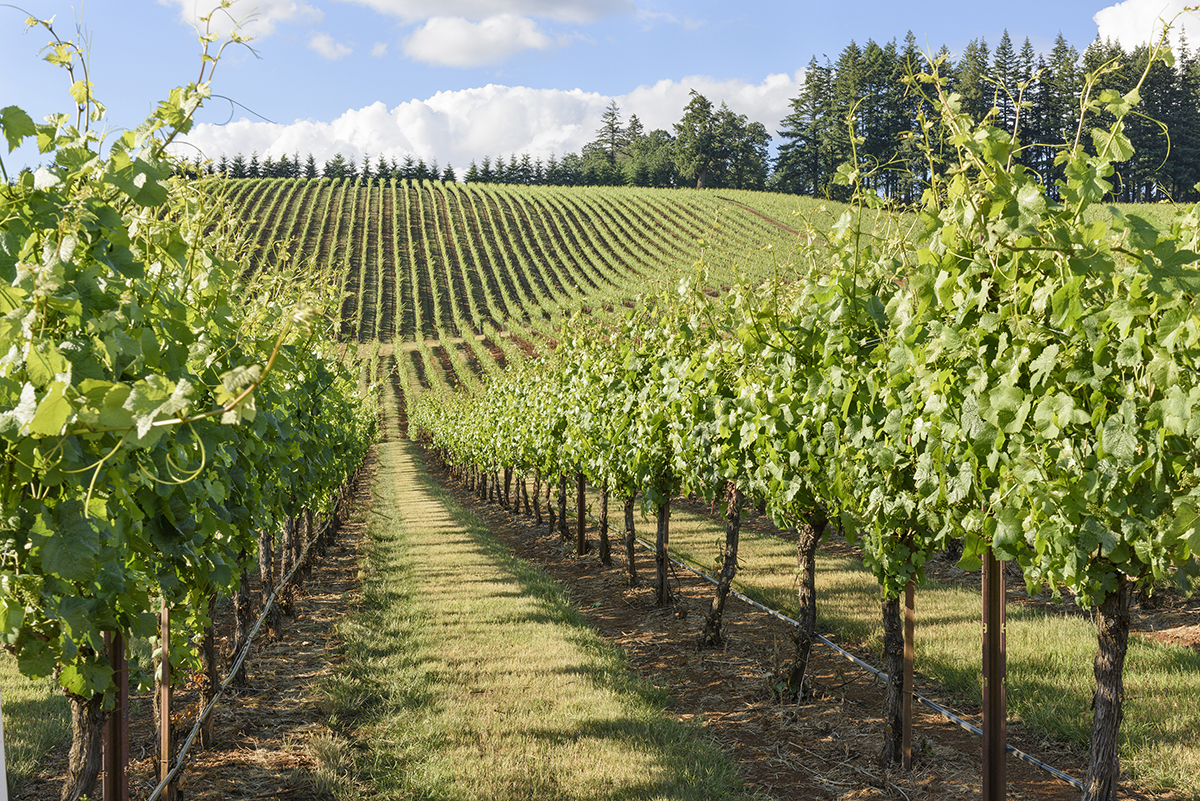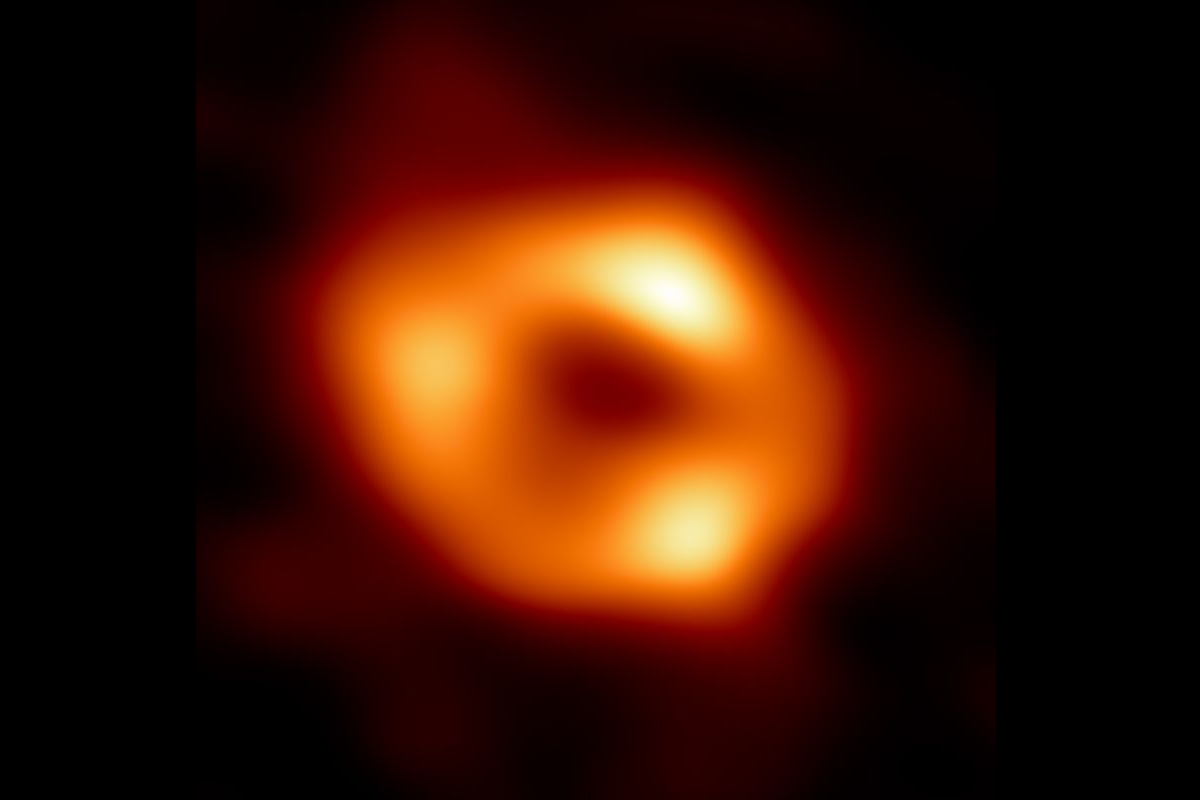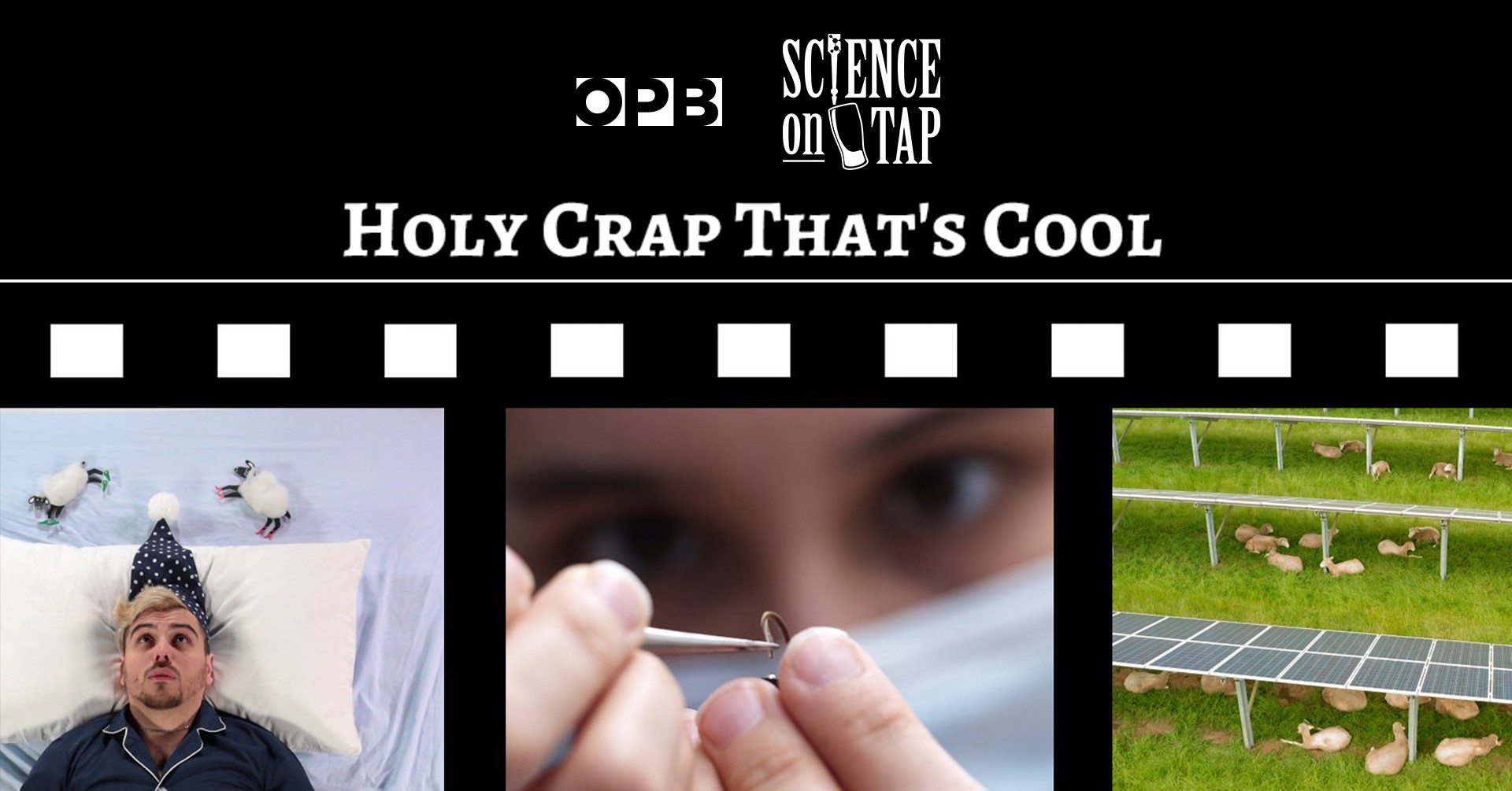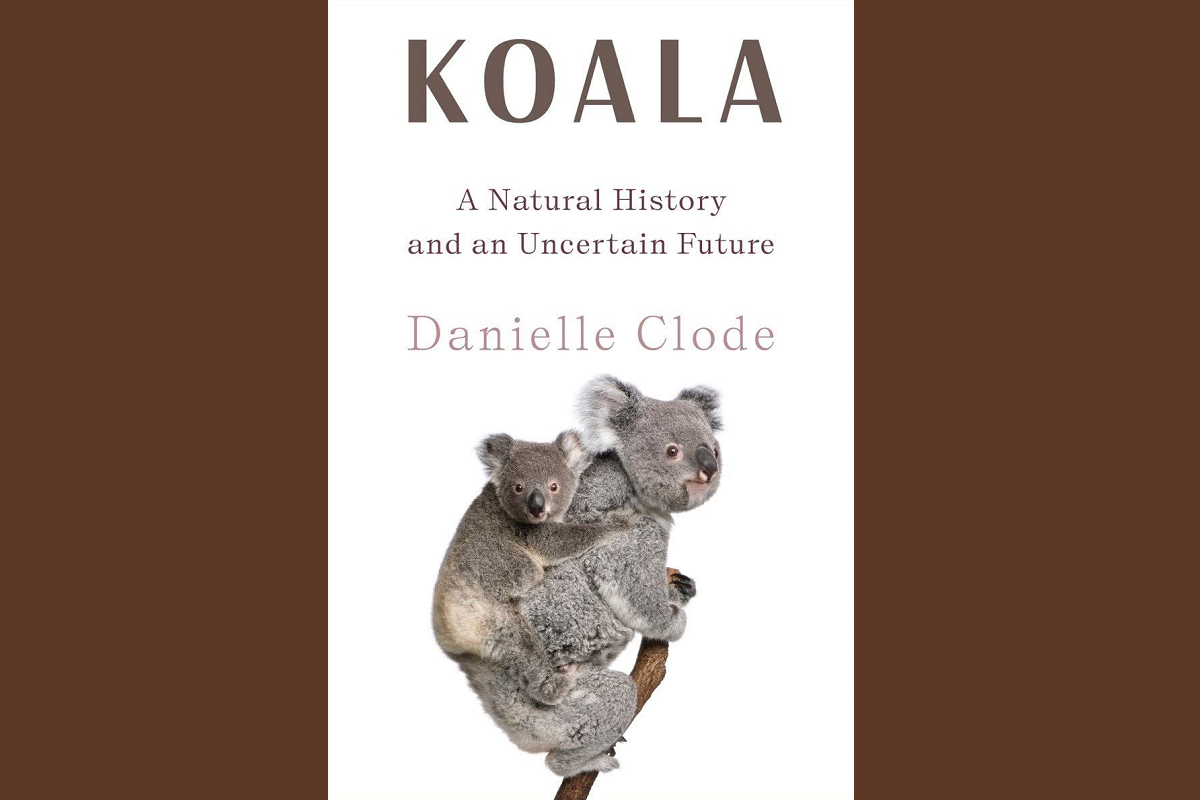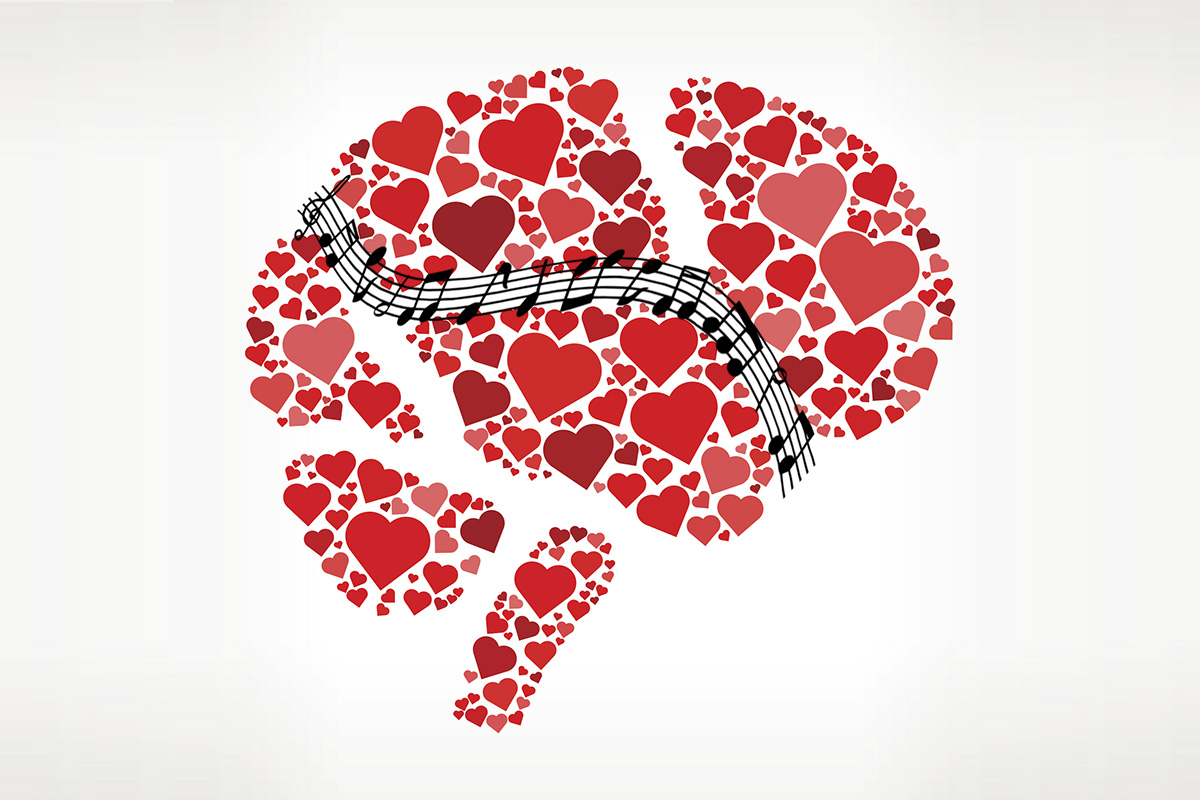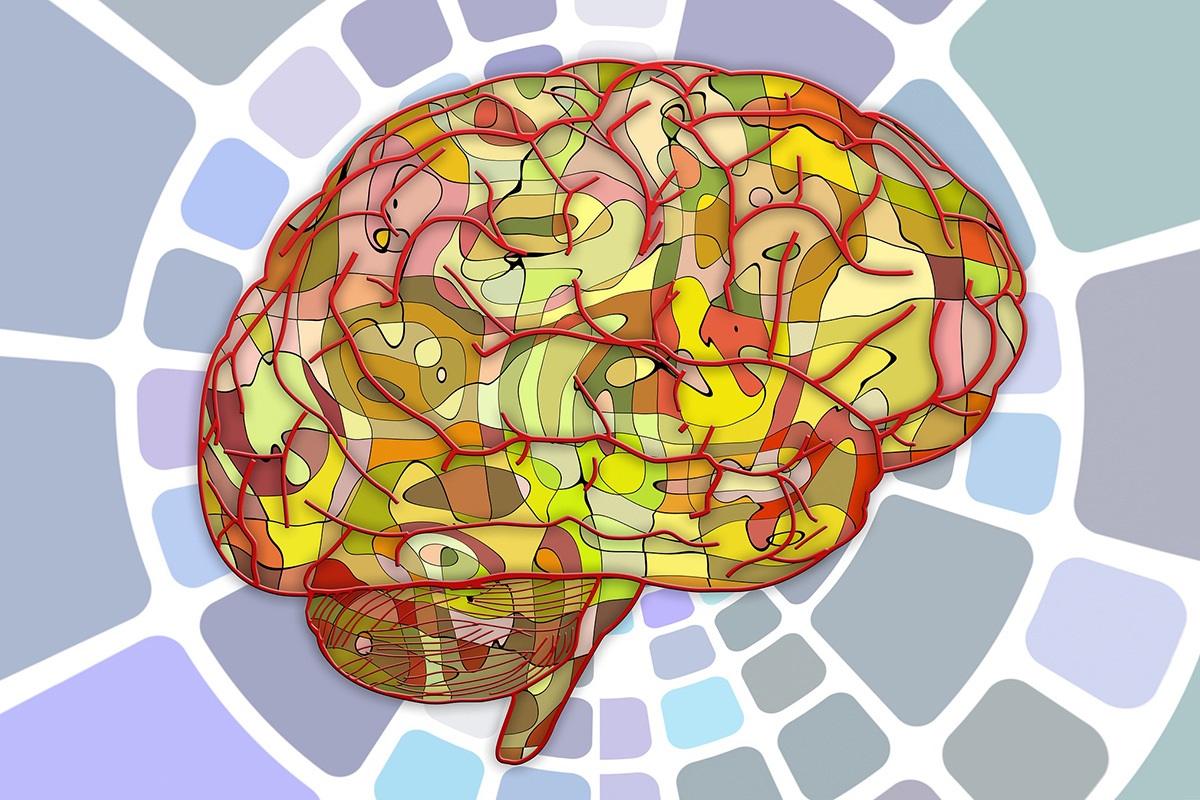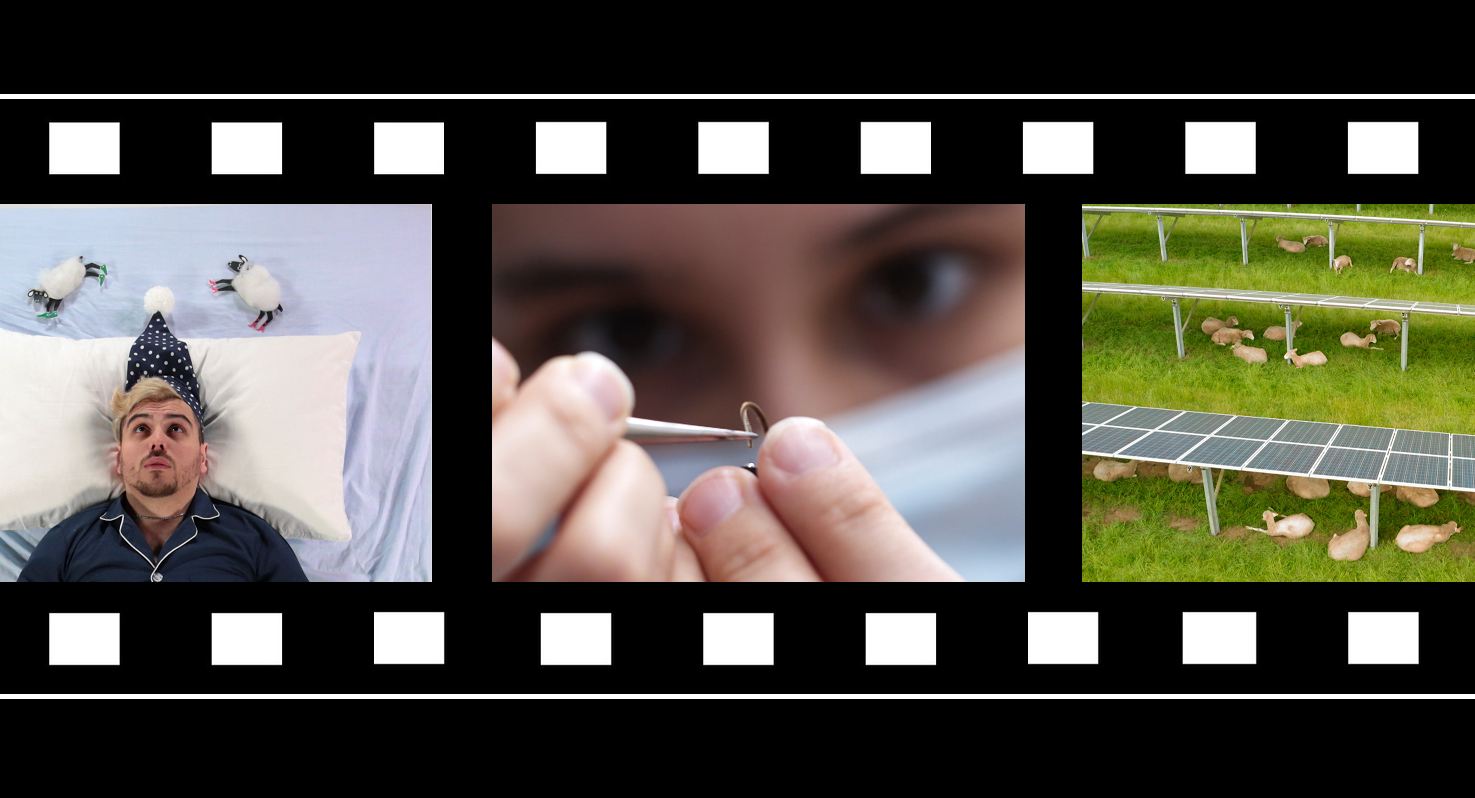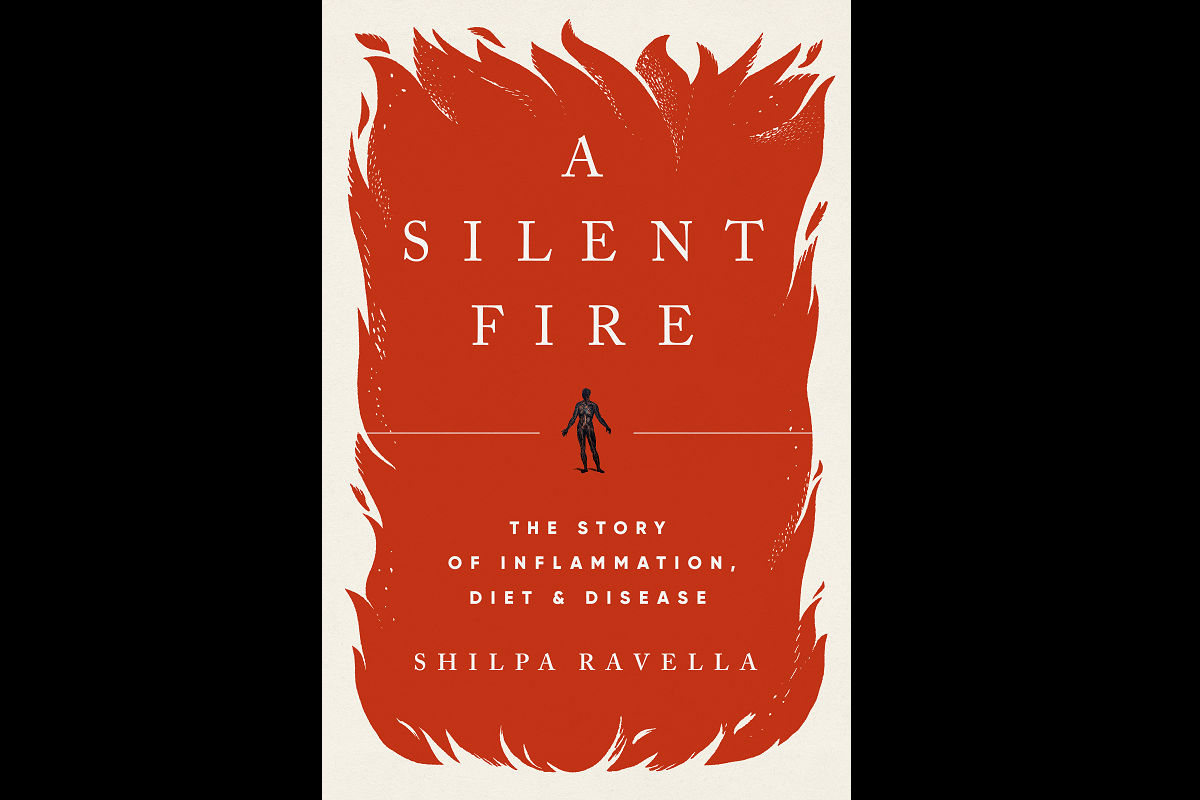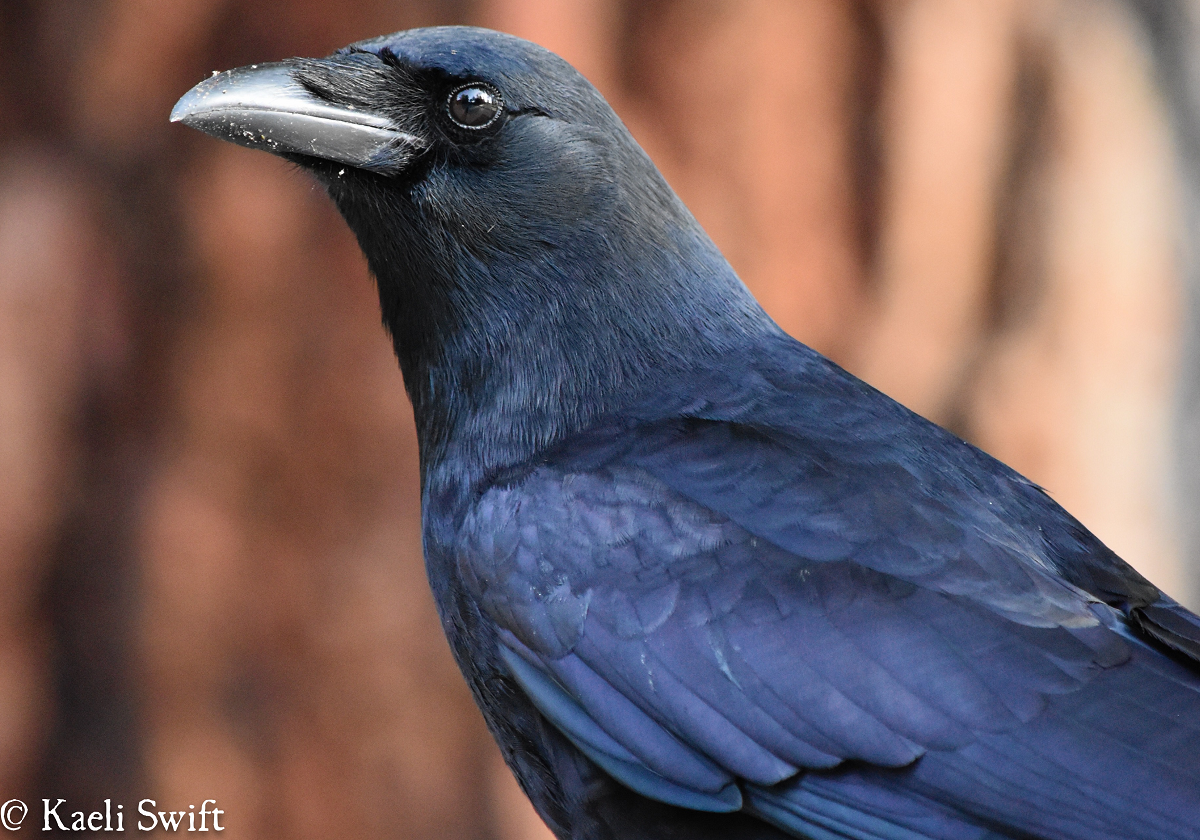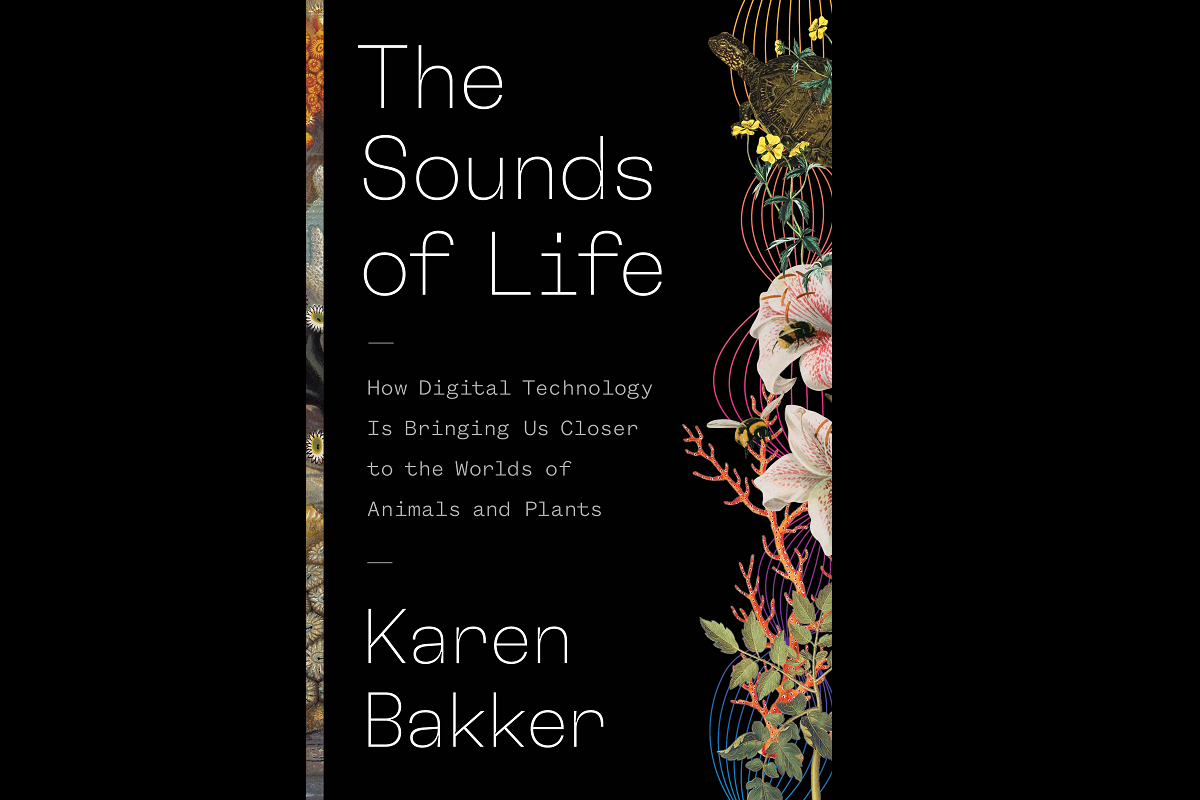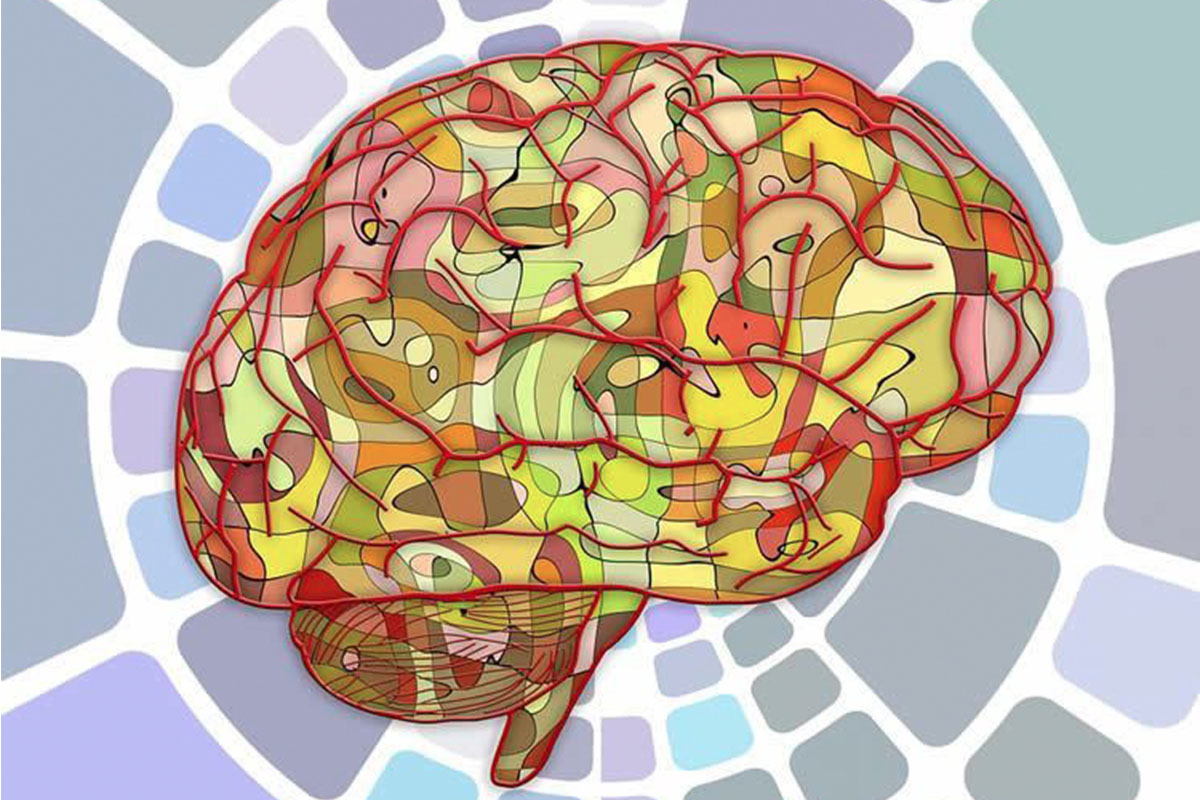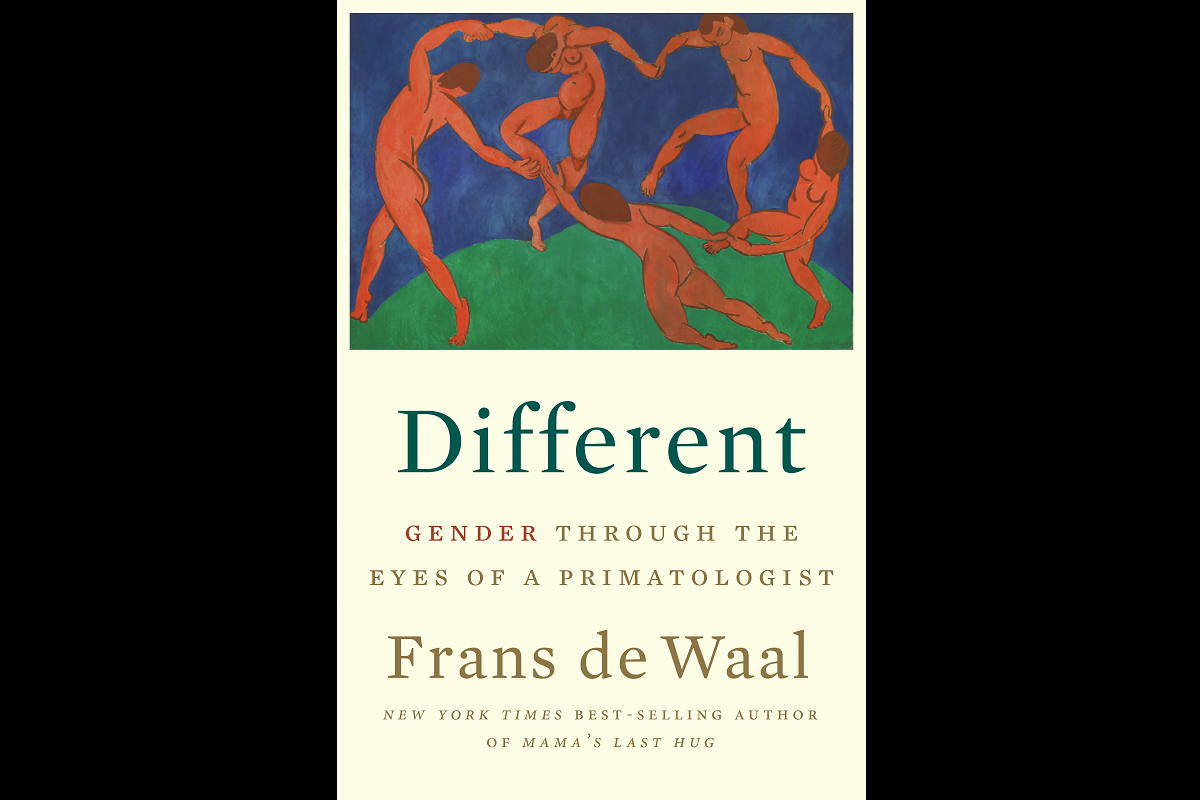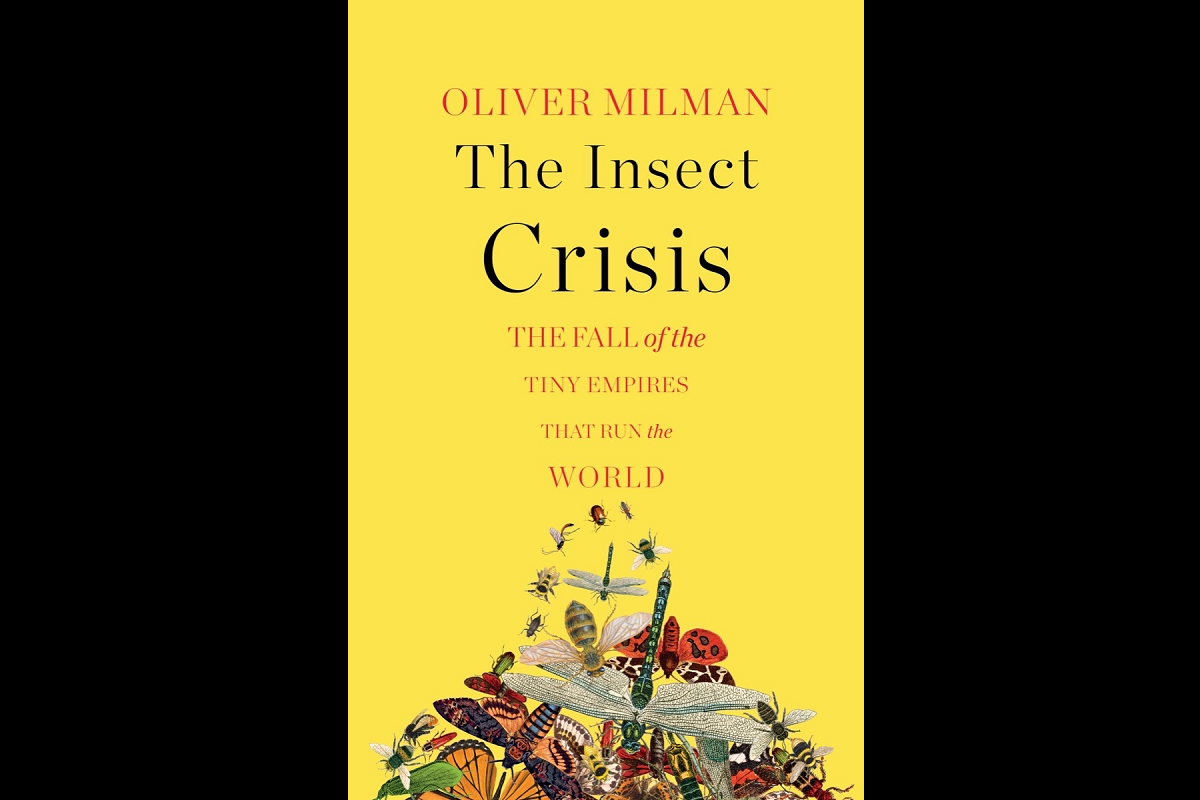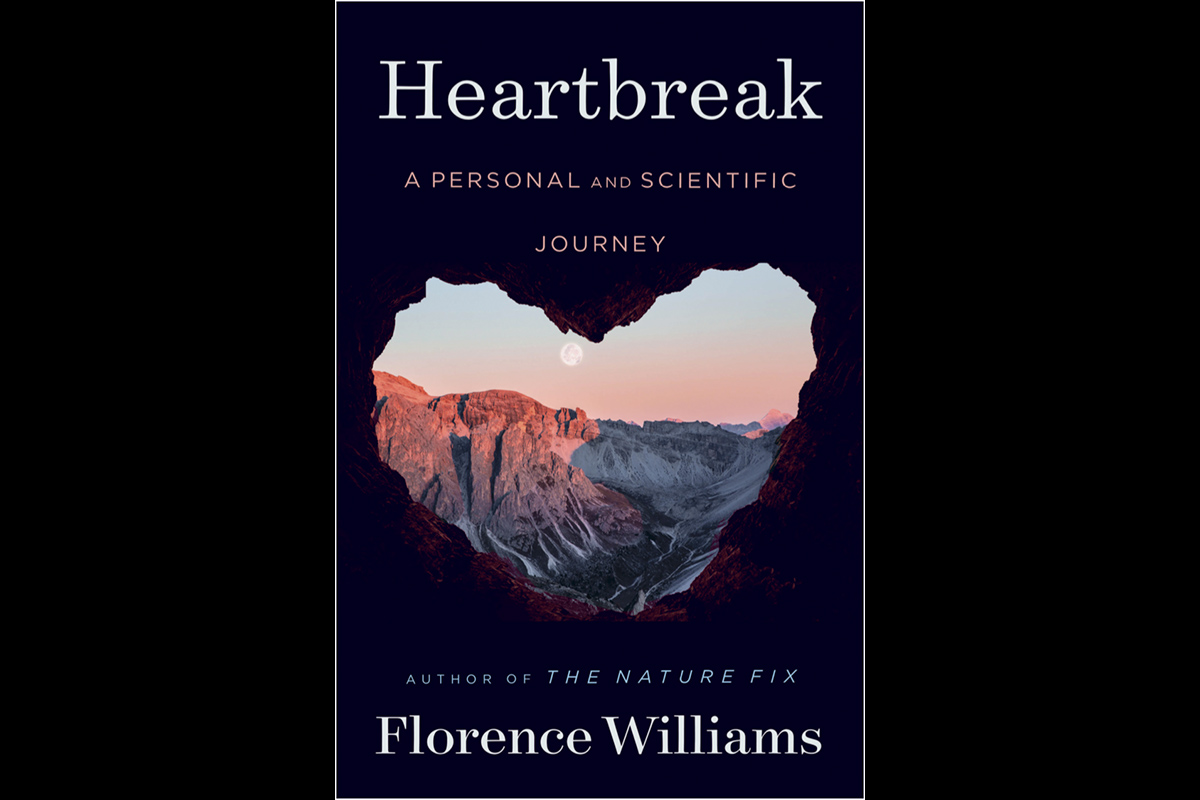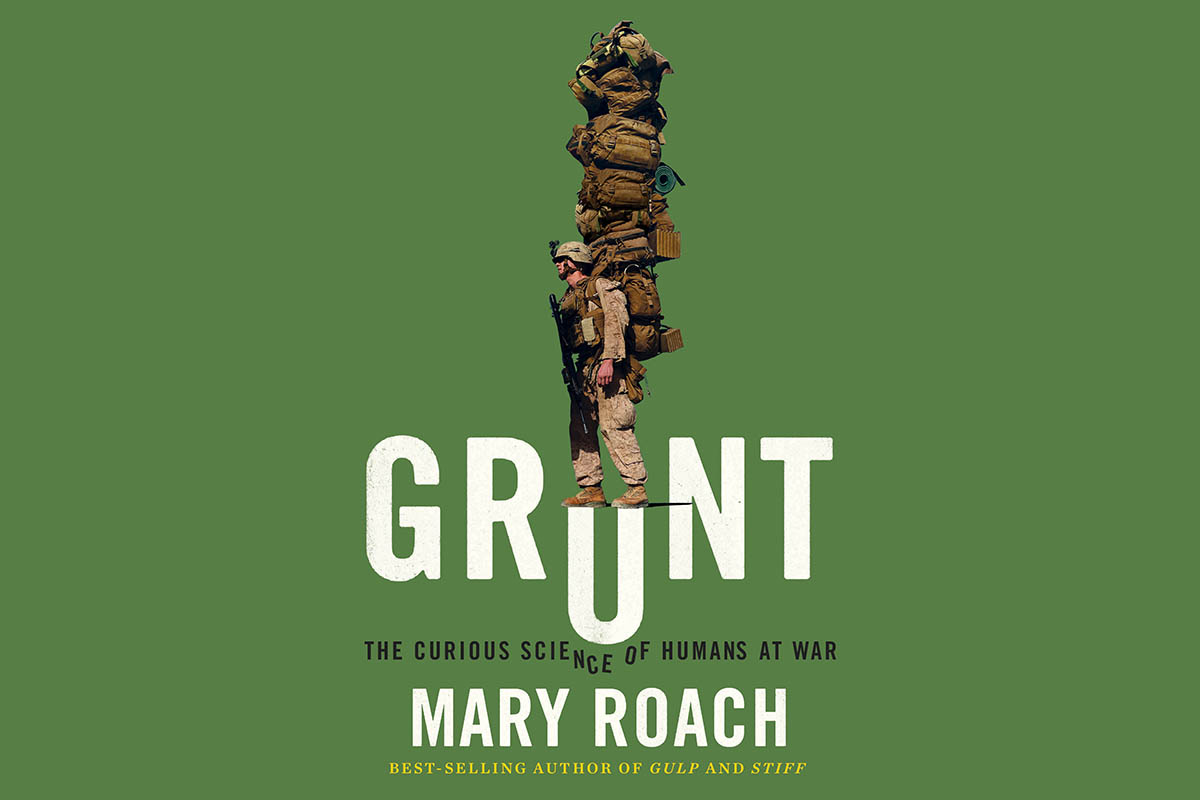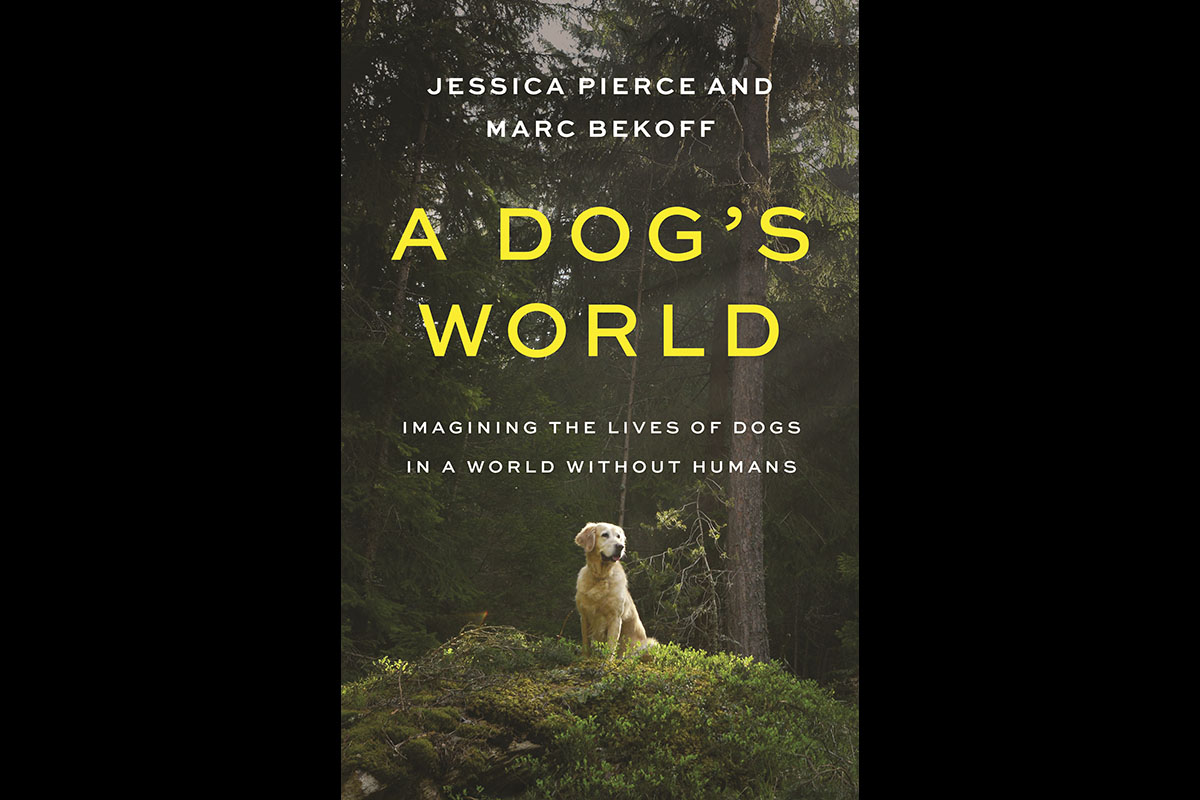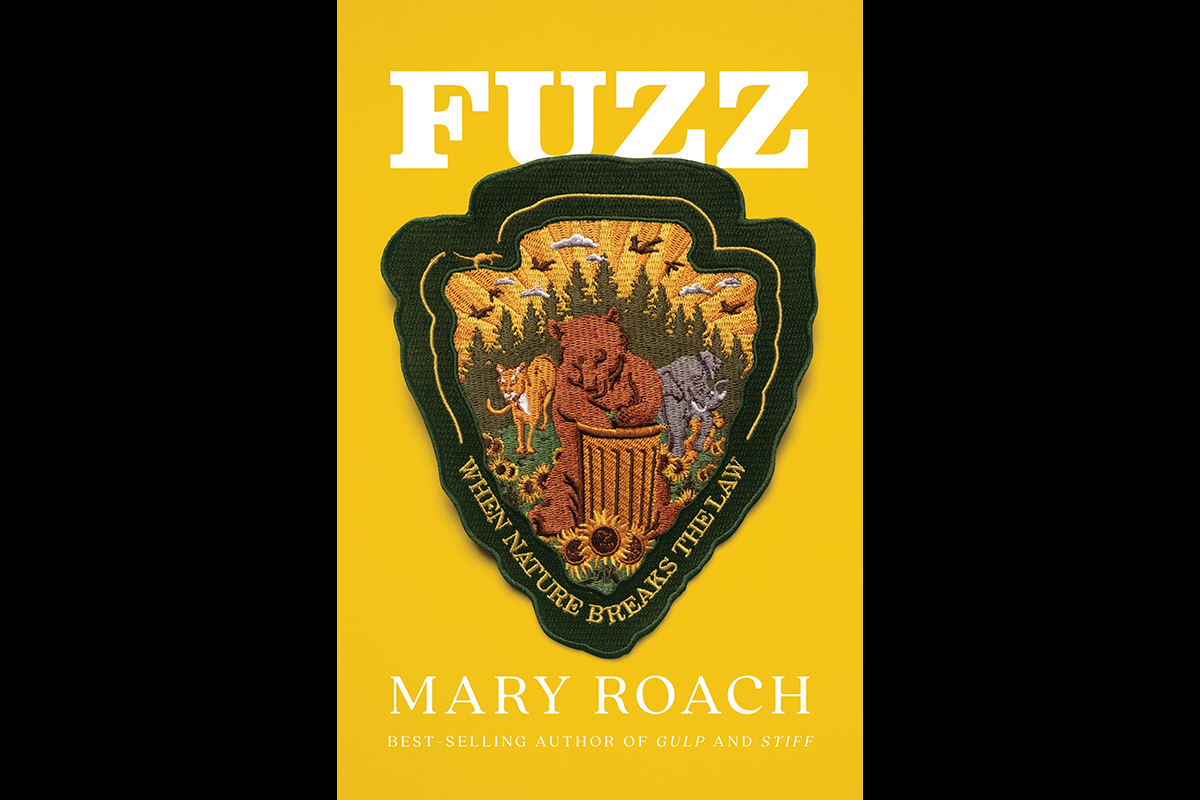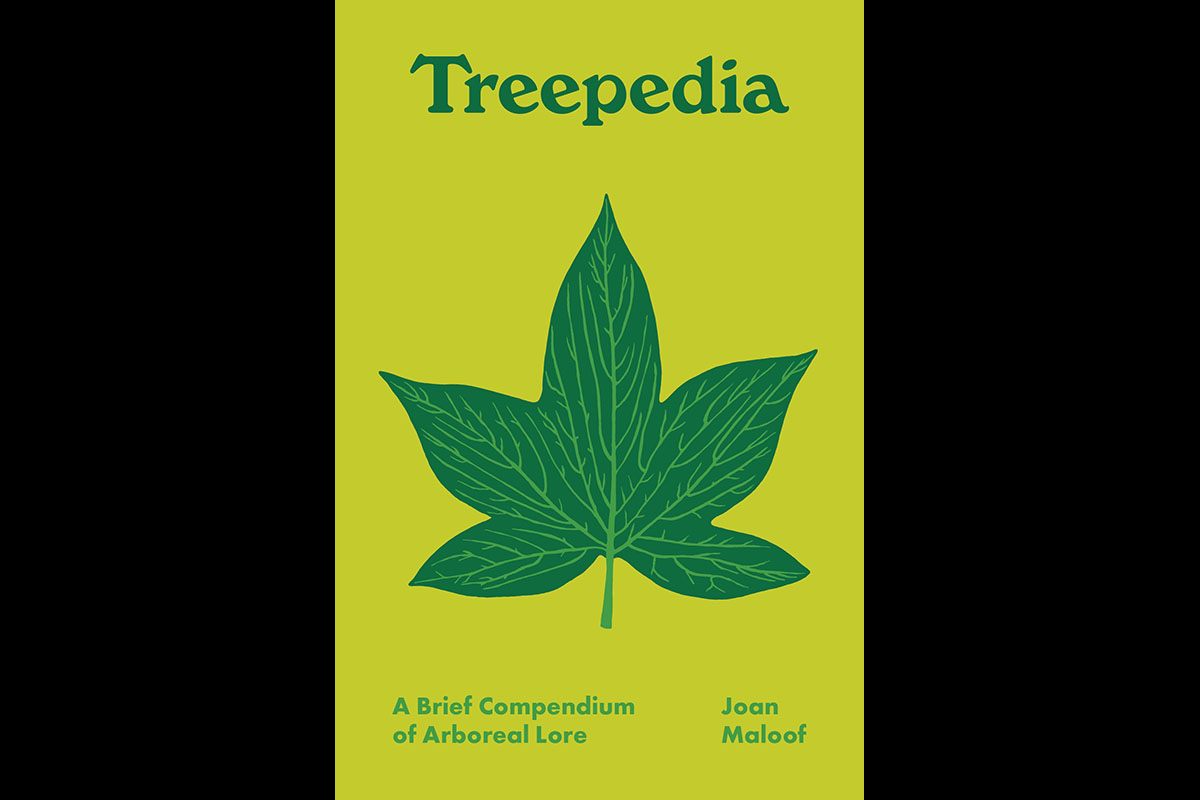Good Vibrations: Pest Control Using Robots
What if we could control for pests with vibrations instead of chemicals?
Pesticides, as we all know, can wreak environmental havoc. Yet, the treehopper insect is the fear of vineyard operators in the PNW, as it spreads devastating red blotch disease. And brown marmorated stink bugs are the bane of hazelnut crops. What alternatives are out there for farmers?
What if we used the knowledge that bugs talk to each other via vibrations, especially during mating time? Researchers have developed a device called the “Pied Piper”, which can be taught bug “languages” and then used to mimic them. It then “communicates” with insects by luring them out into the open, and confusing them into missing their mating window. A nonlethal, targeted, organic option that eliminates pesticide runoff into the environment and can be reused.
At this Science on Tap, learn about how this approach could be applied to other pests (researchers are expanding the Pied Piper’s repertoire to other bugs, like brown marmorated stink bugs) and what work has been done so far.
Vaugn Walton serves as a leader in OSU’s Horticultural Pest Management team in diverse integrated pest management programmatic areas. His work includes research in integrated pest management (IPM) for small fruit and on tree crops. Walton employs both ecologically and mechanistic information to manage these pests from a whole-system perspective.
-
Event Date
Wednesday, July 10, 2024
-
Start Time
7:00 pm Pacific
-
End Time
8:30 pm Pacific
-
Tickets
Door
General Admission: $20
get ticketsTicket fine print
We at Science on Tap are committed to offering educational opportunities to adults who want to learn. If the ticket price is a hardship for you, please write to us and we're happy to provide reduced-price tickets to those who request them.
-
Venue
Kiggins Theatre

